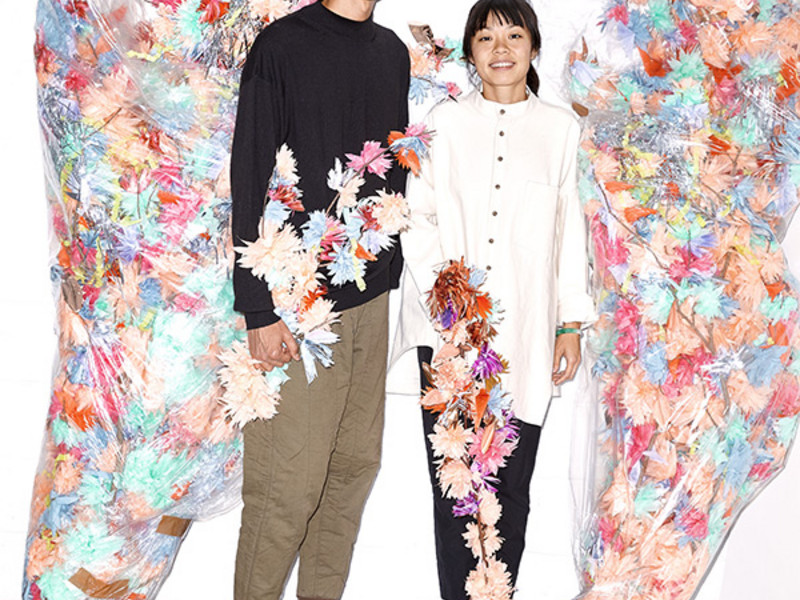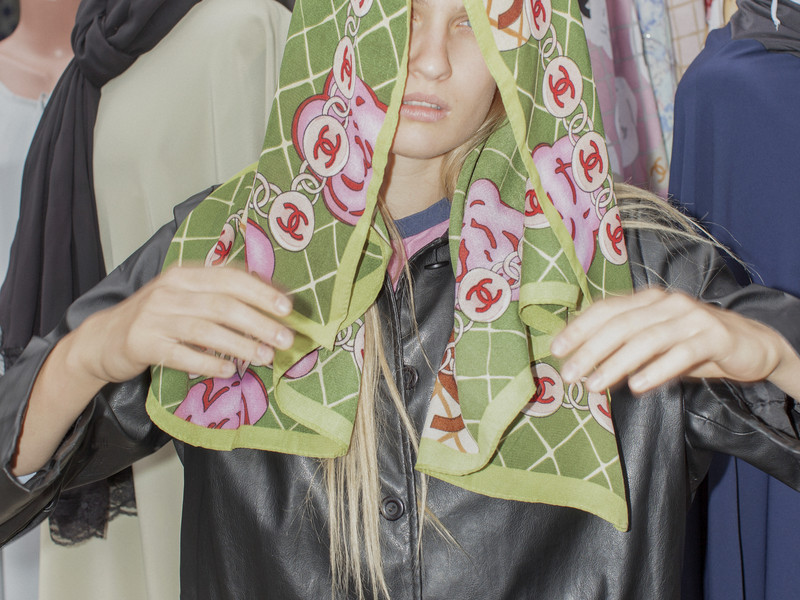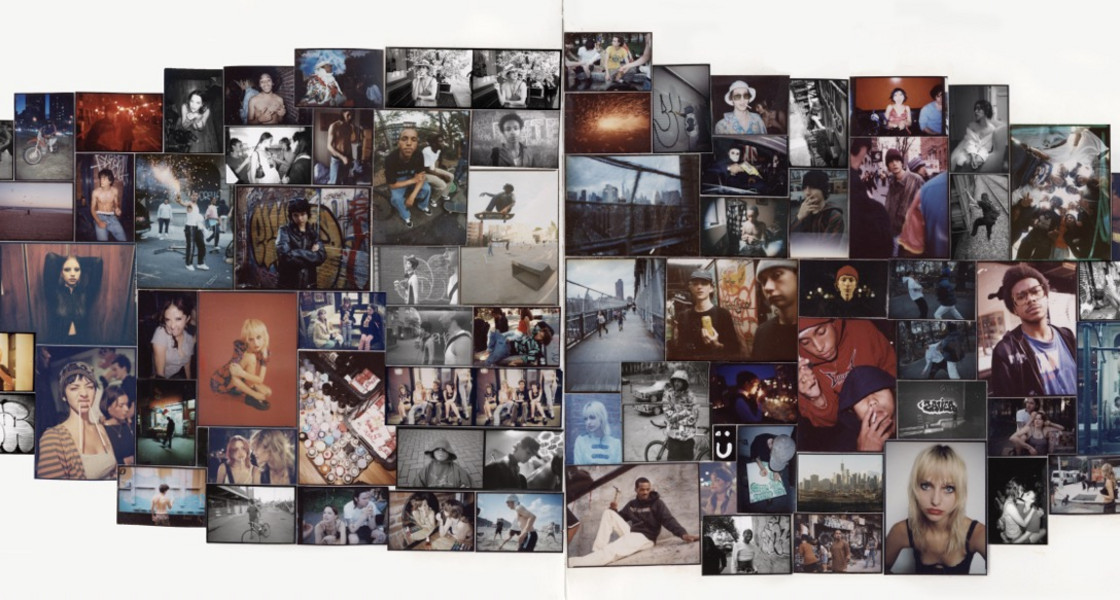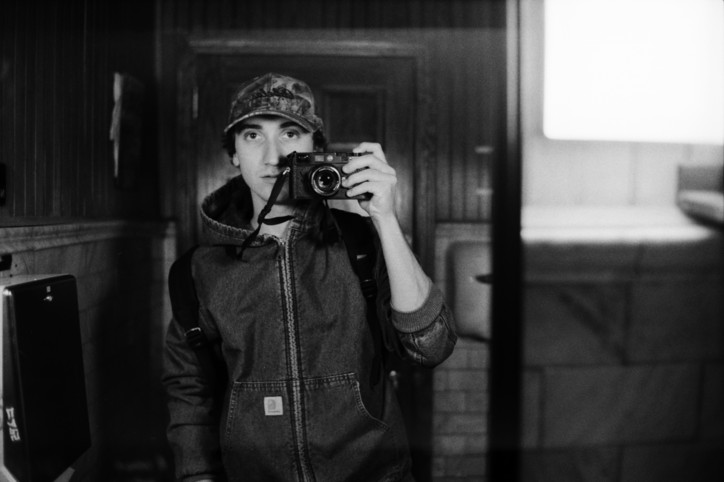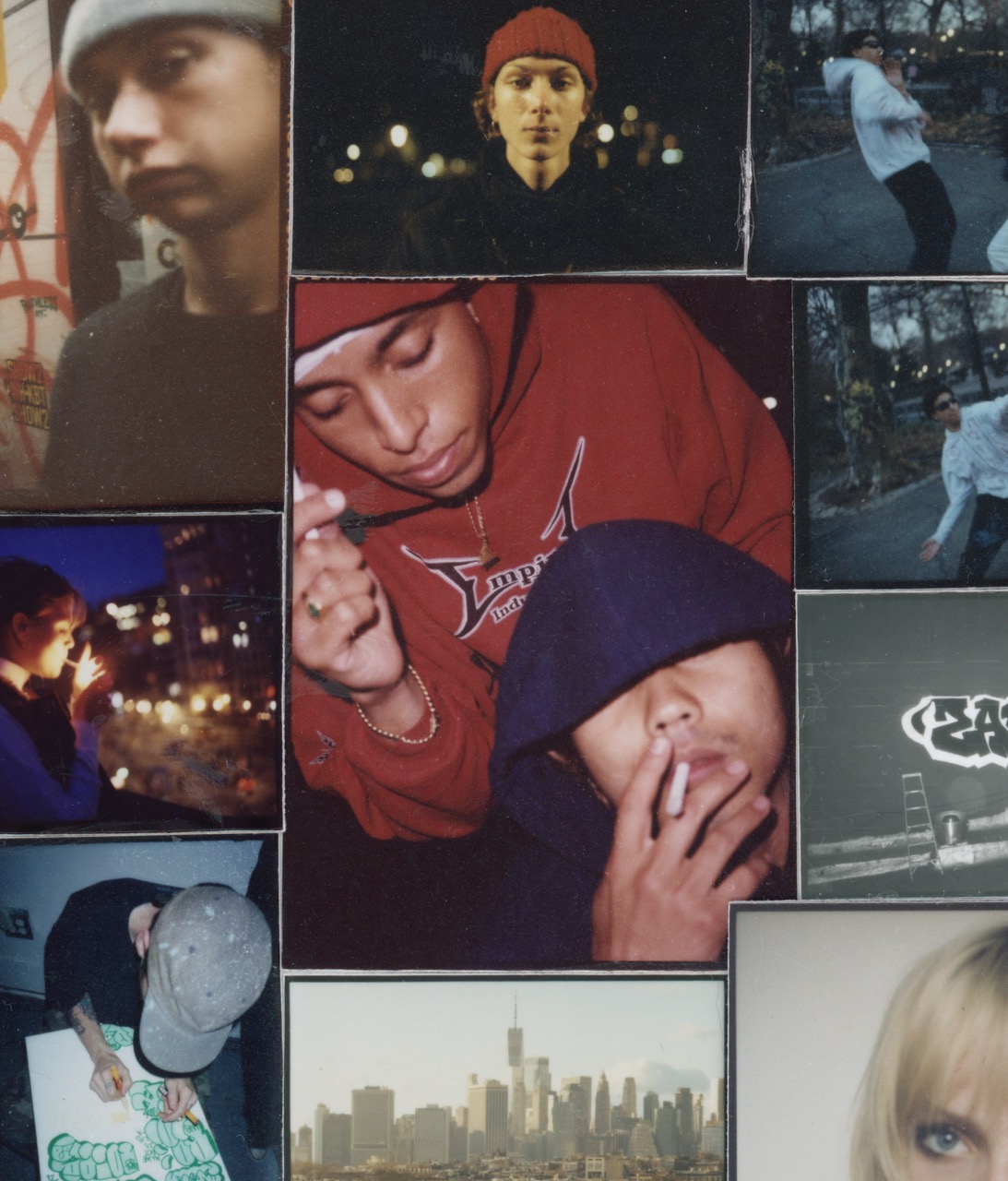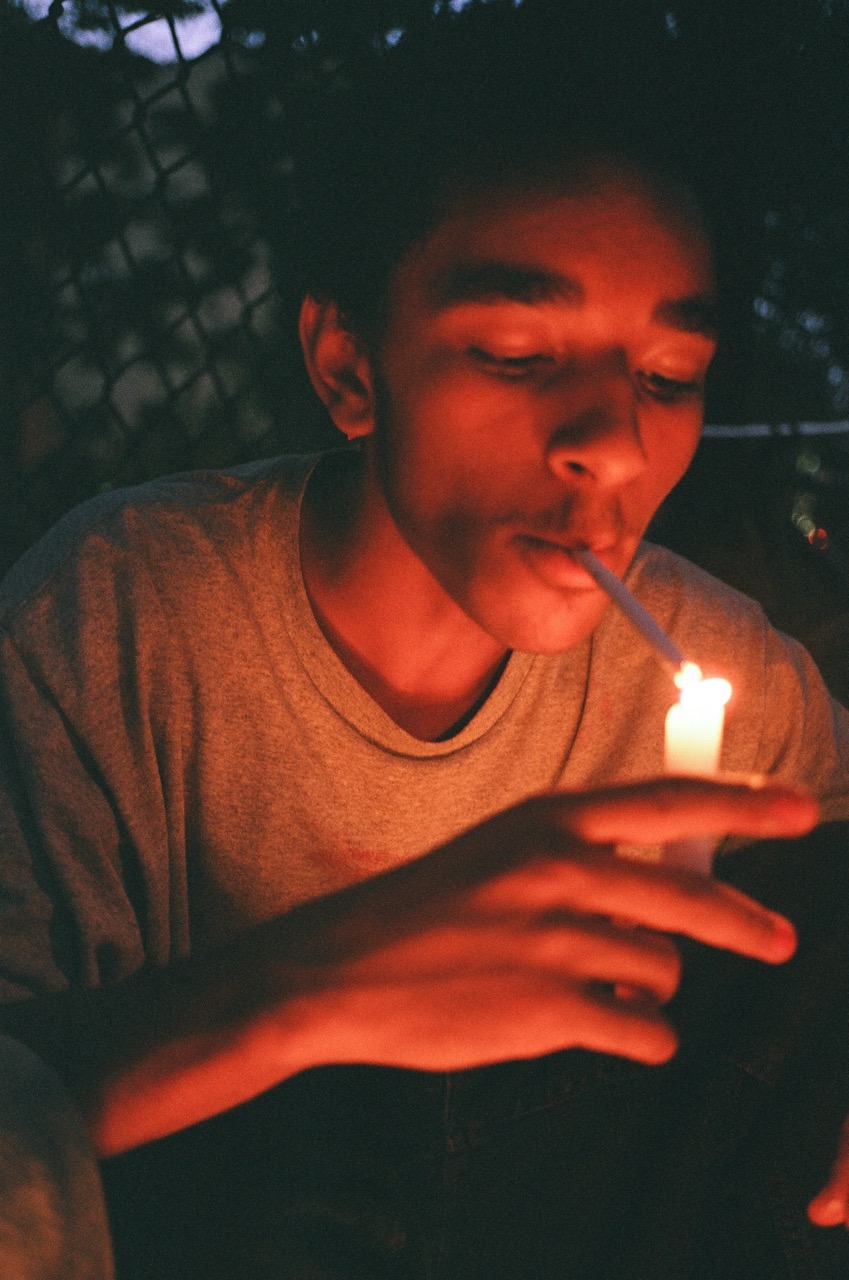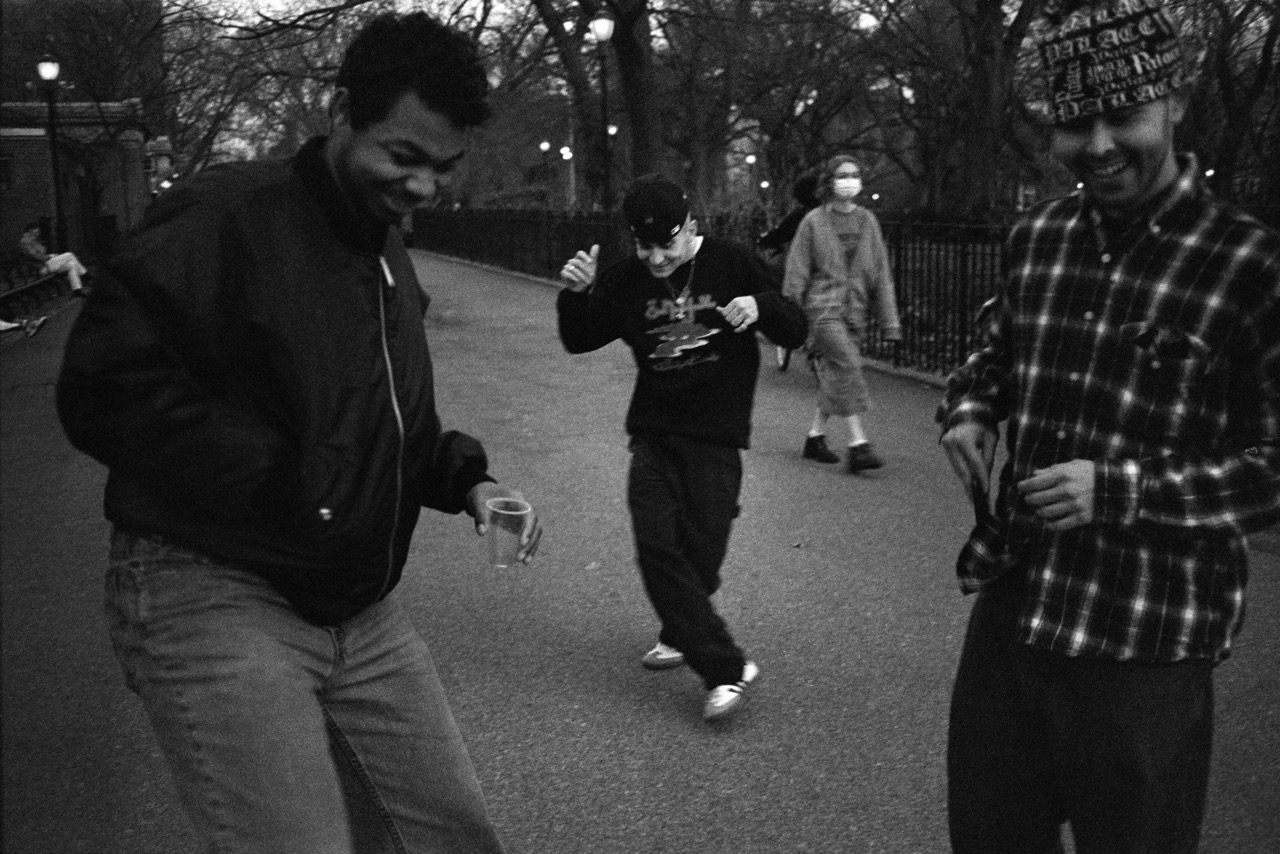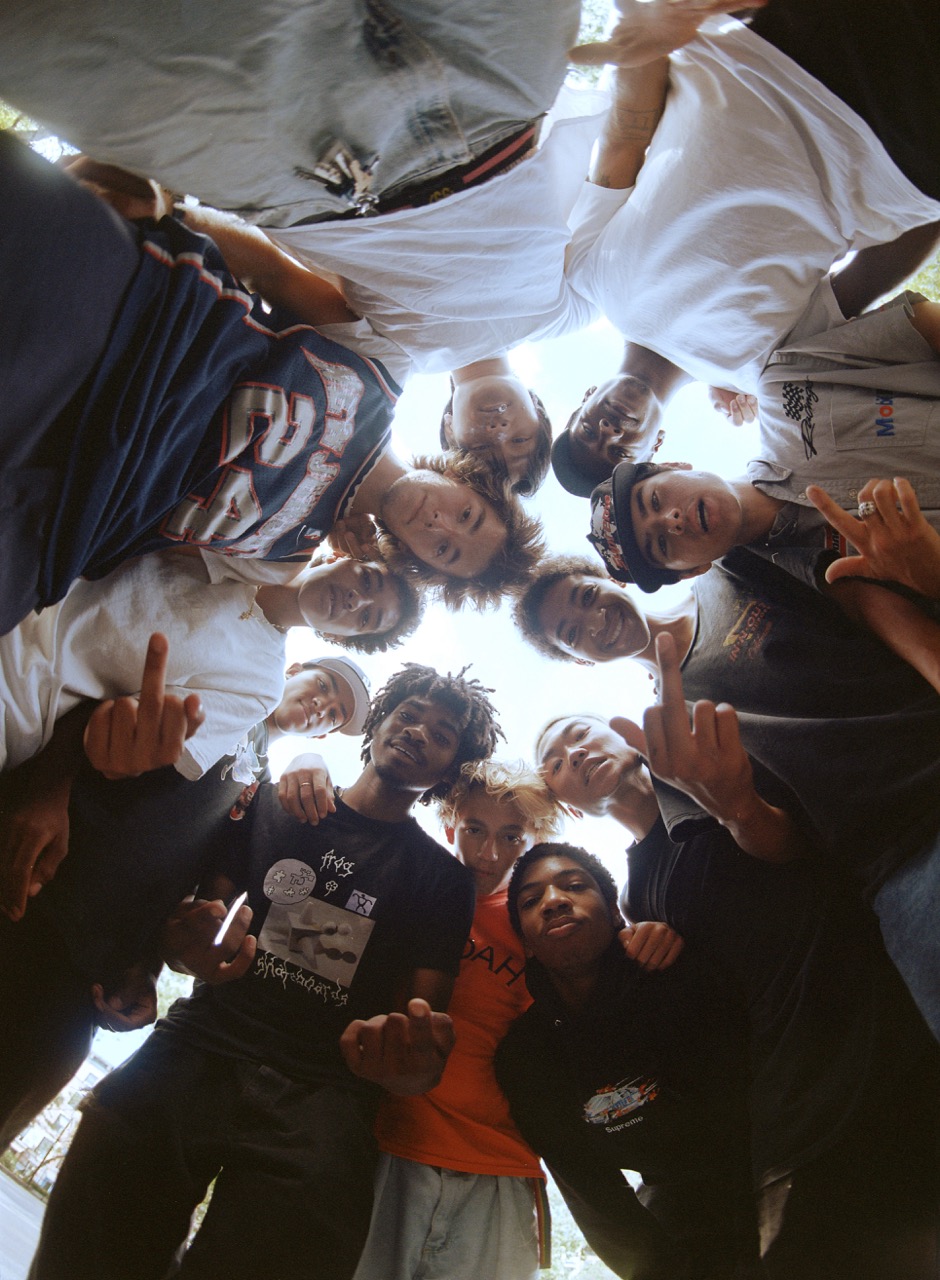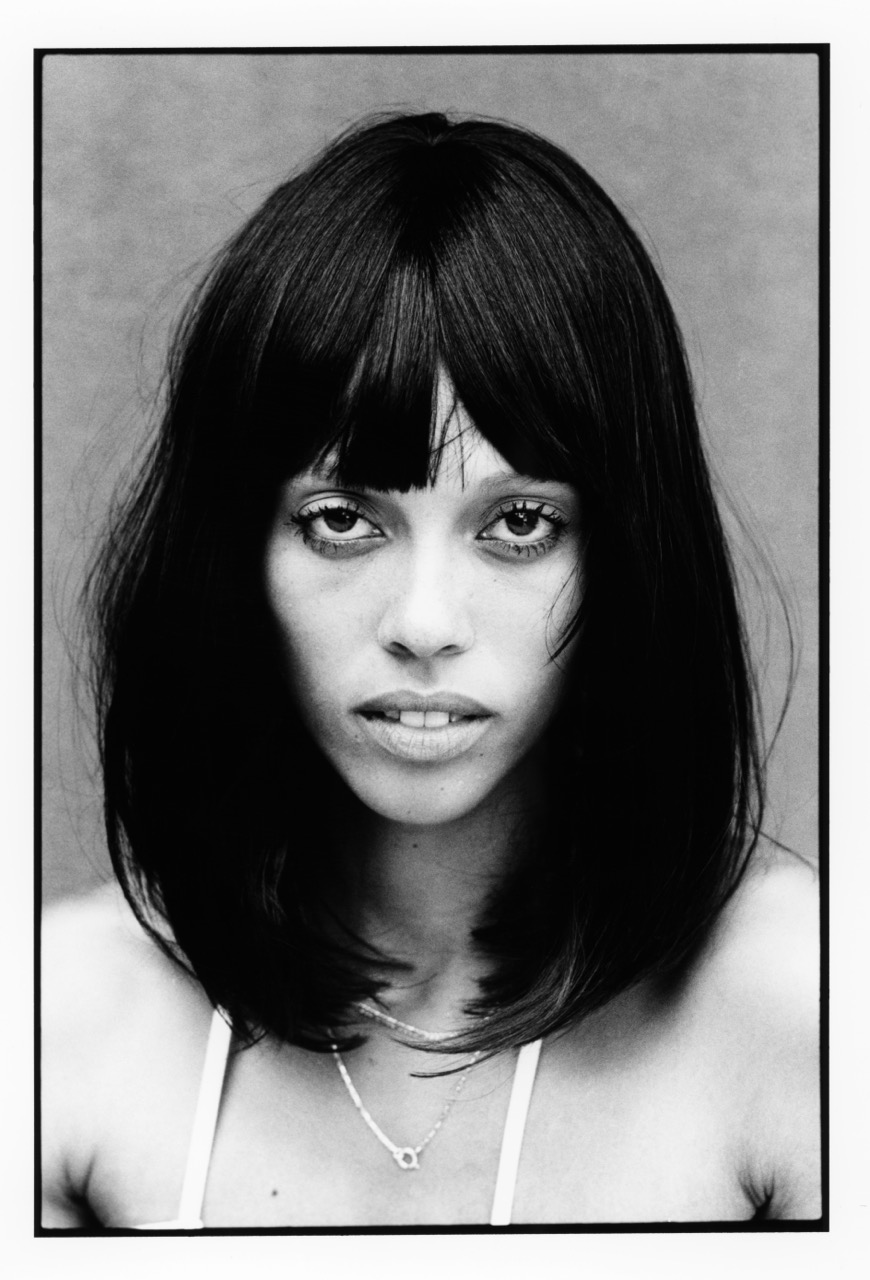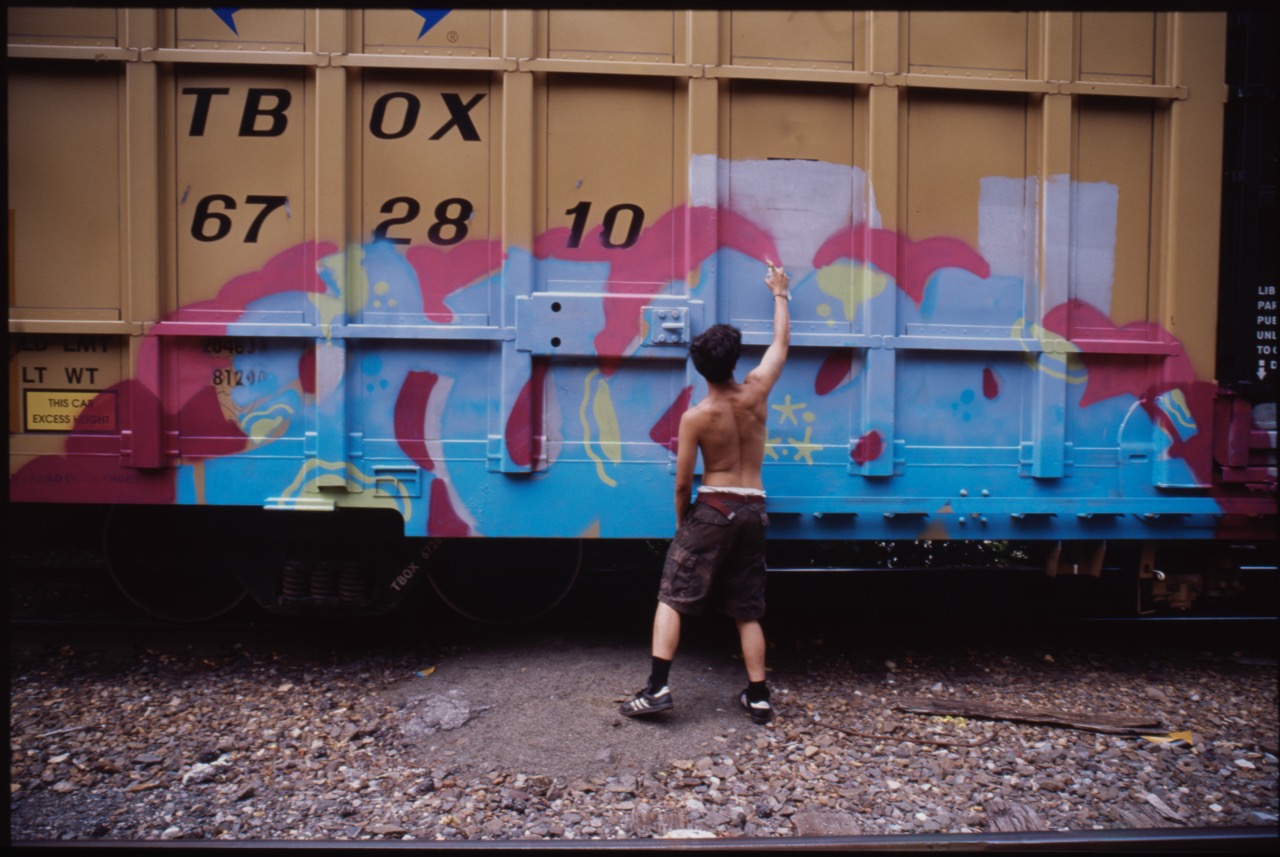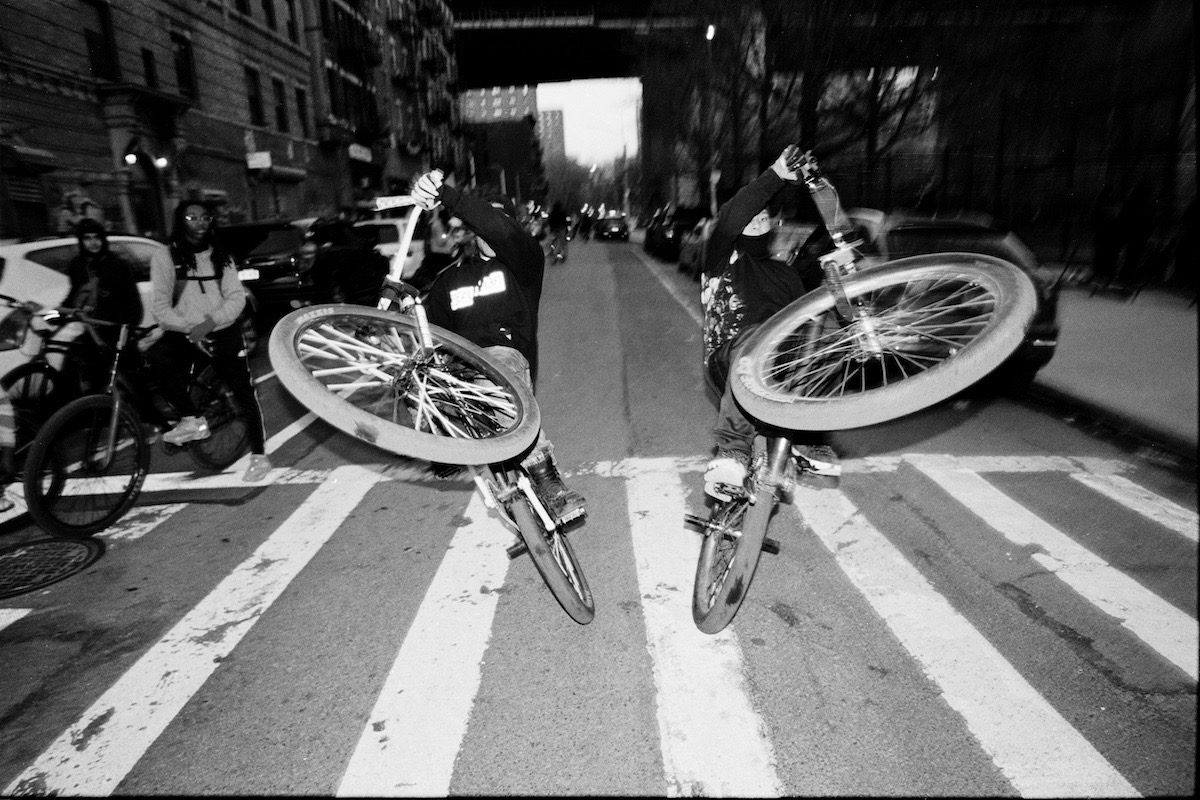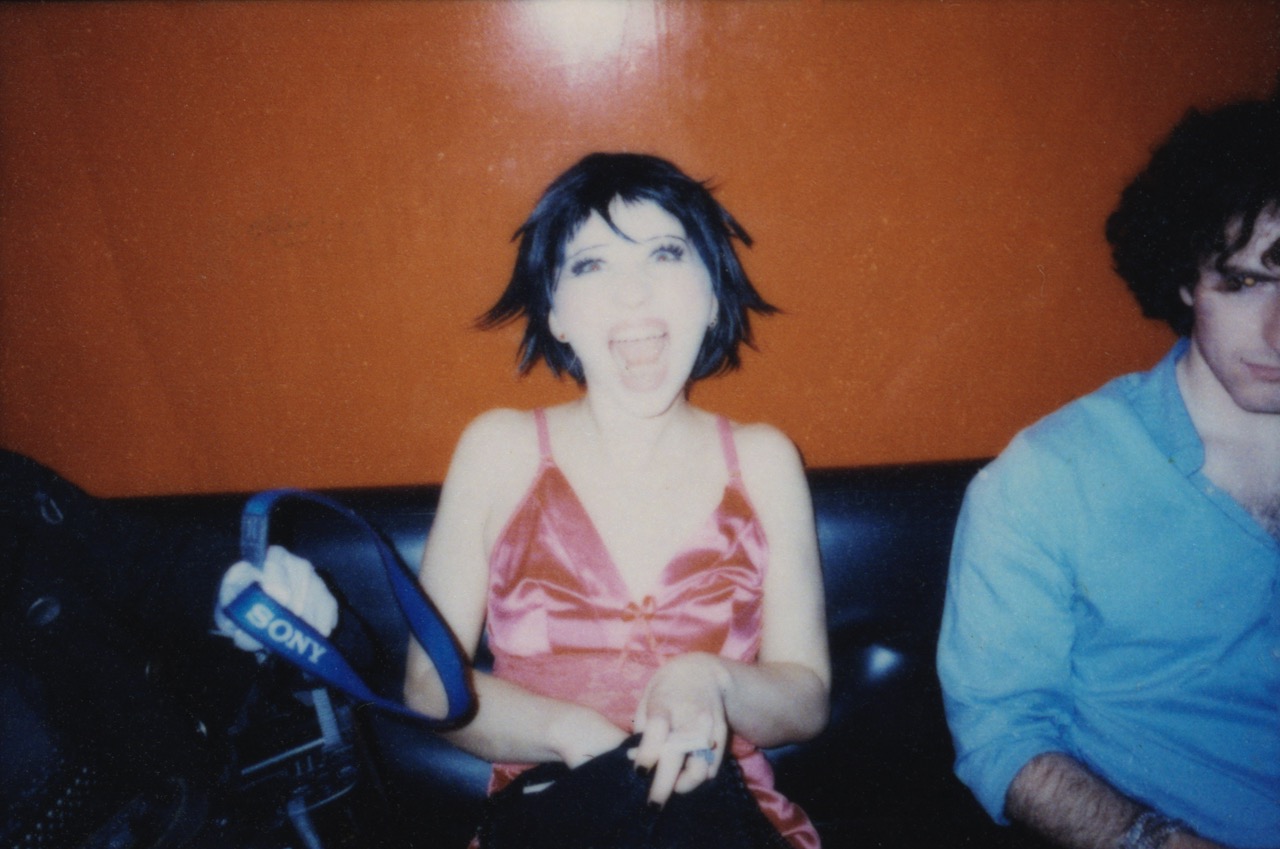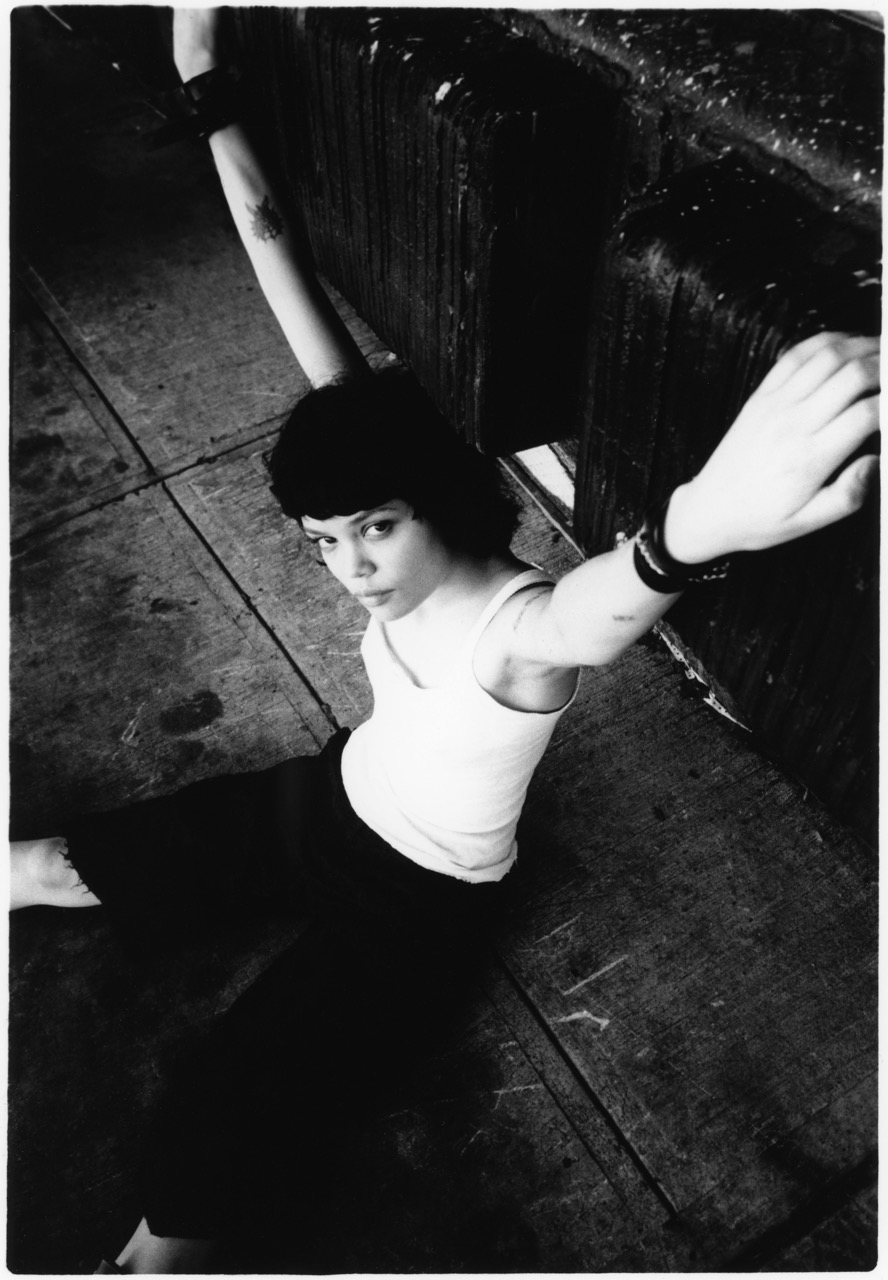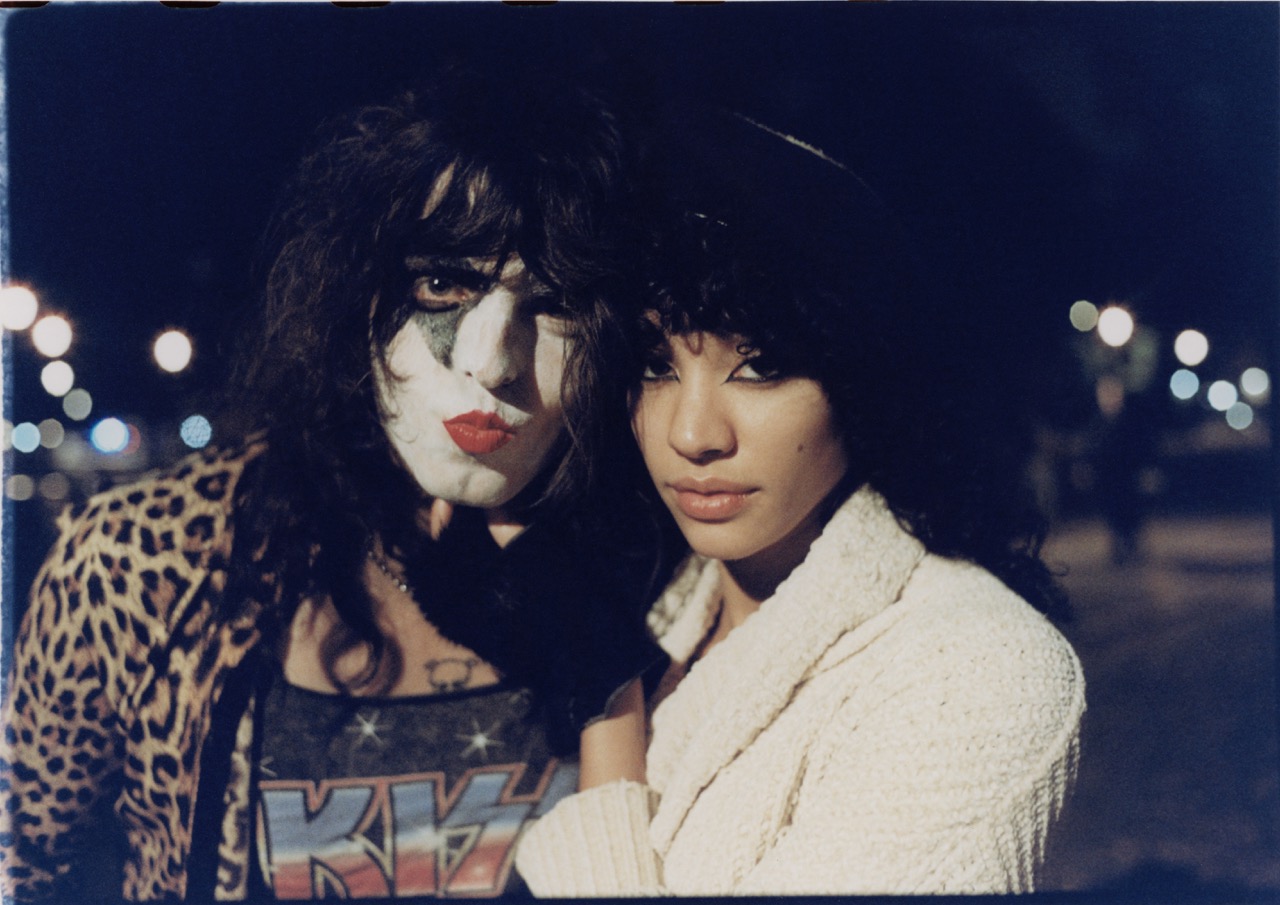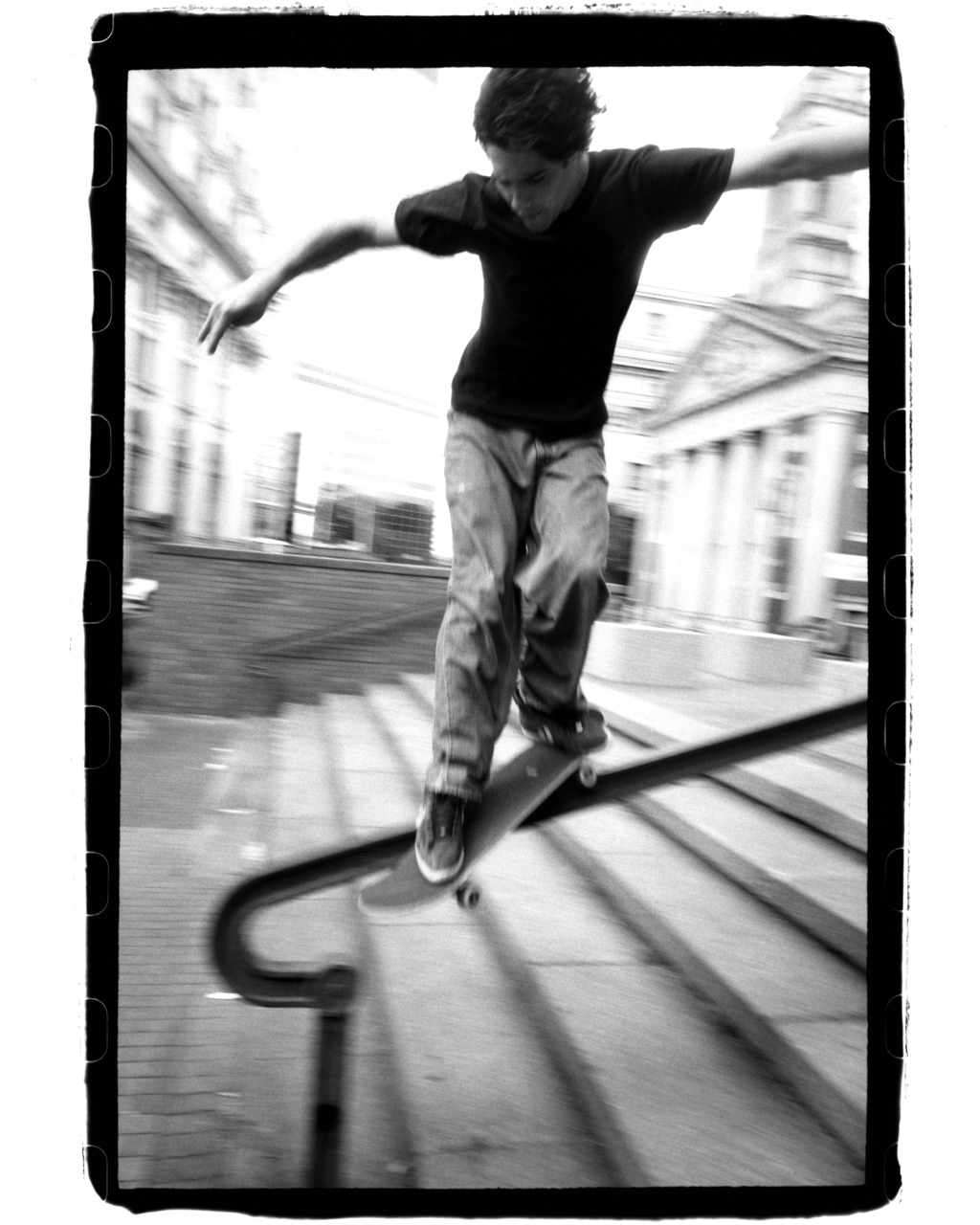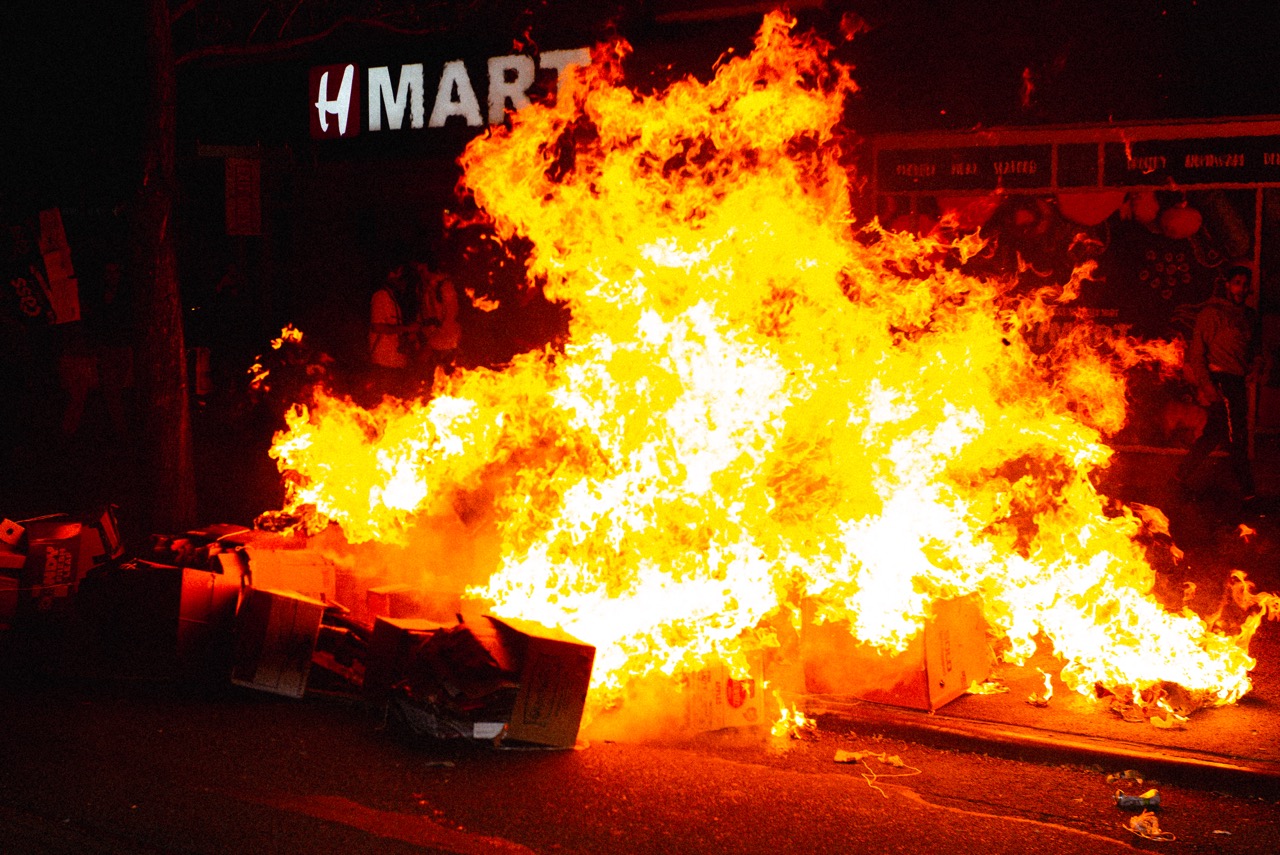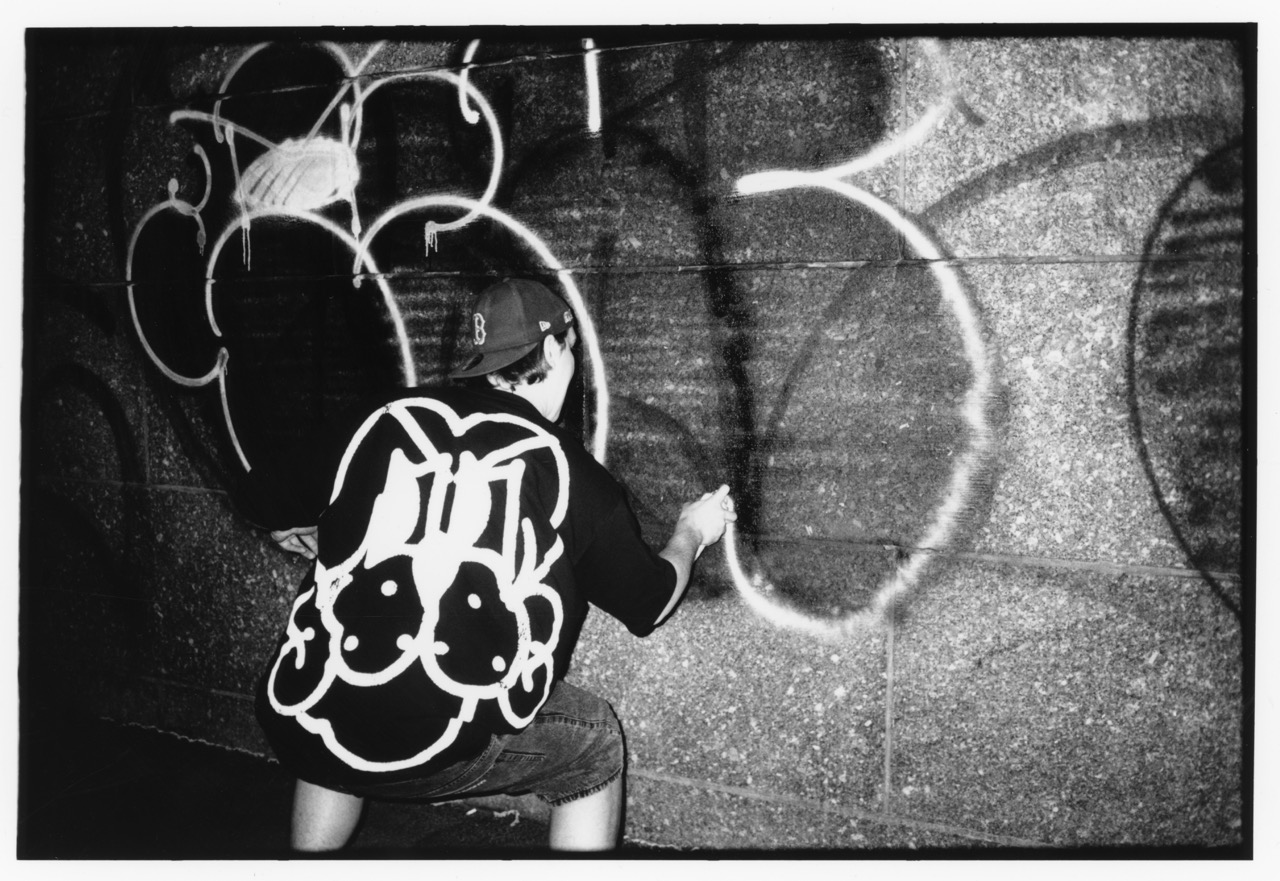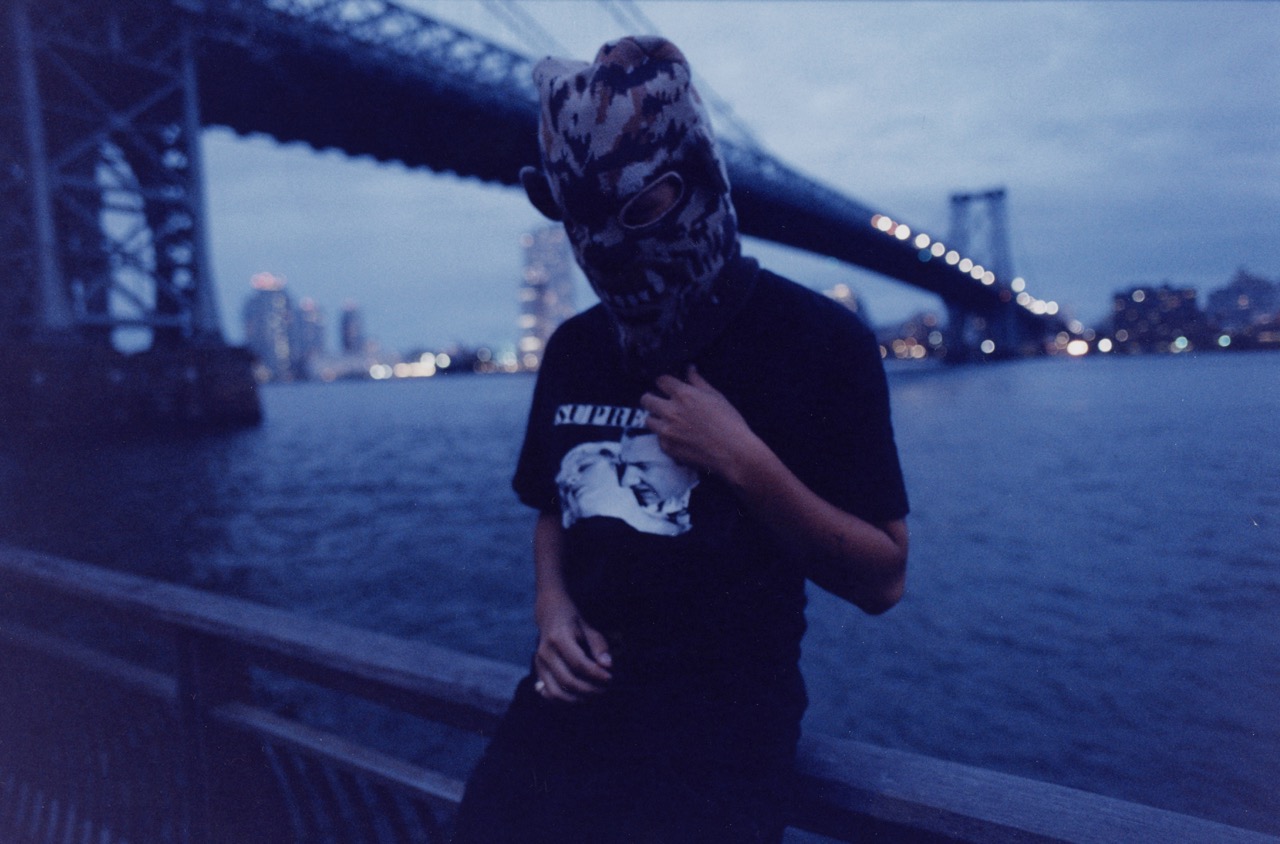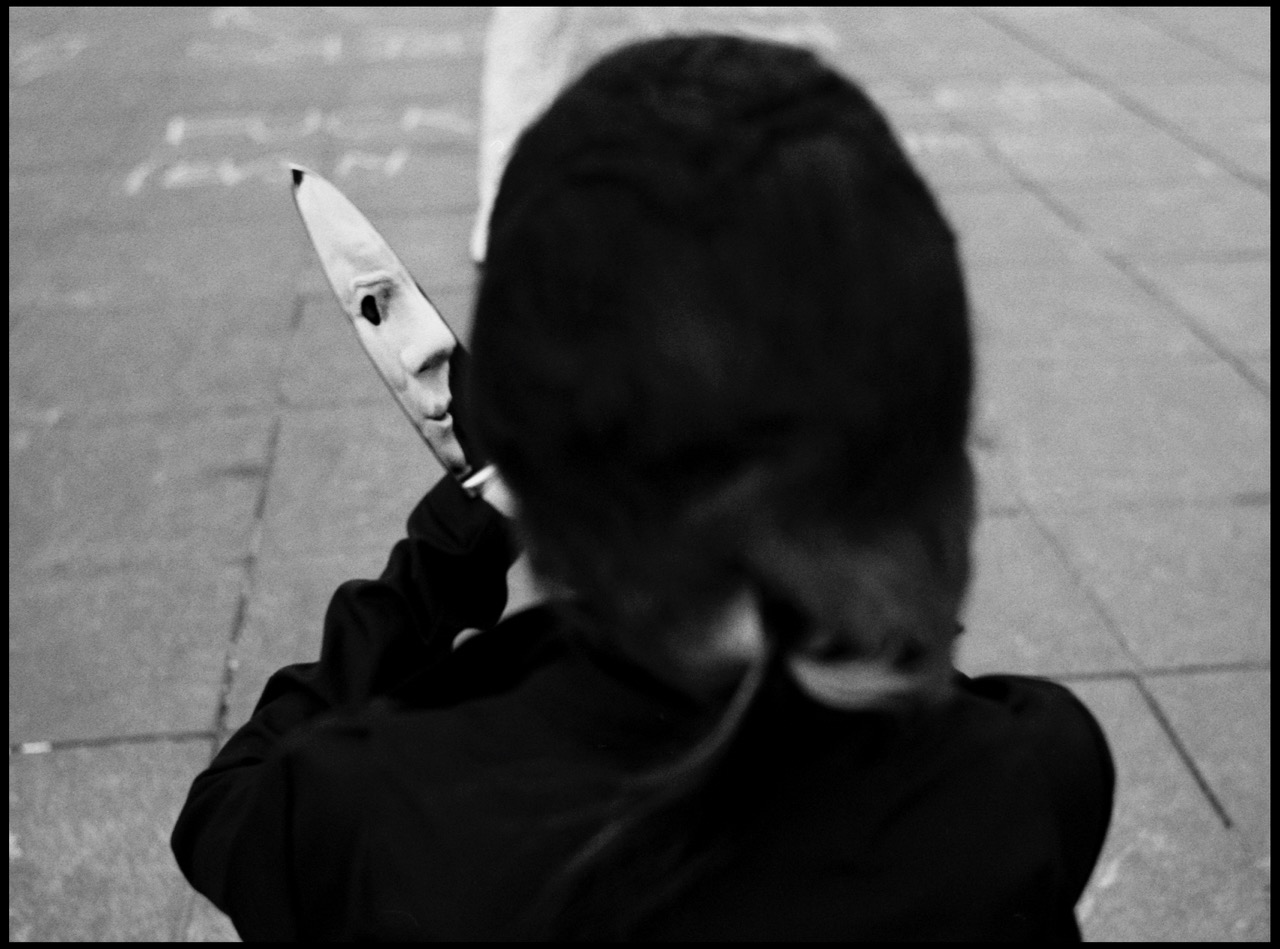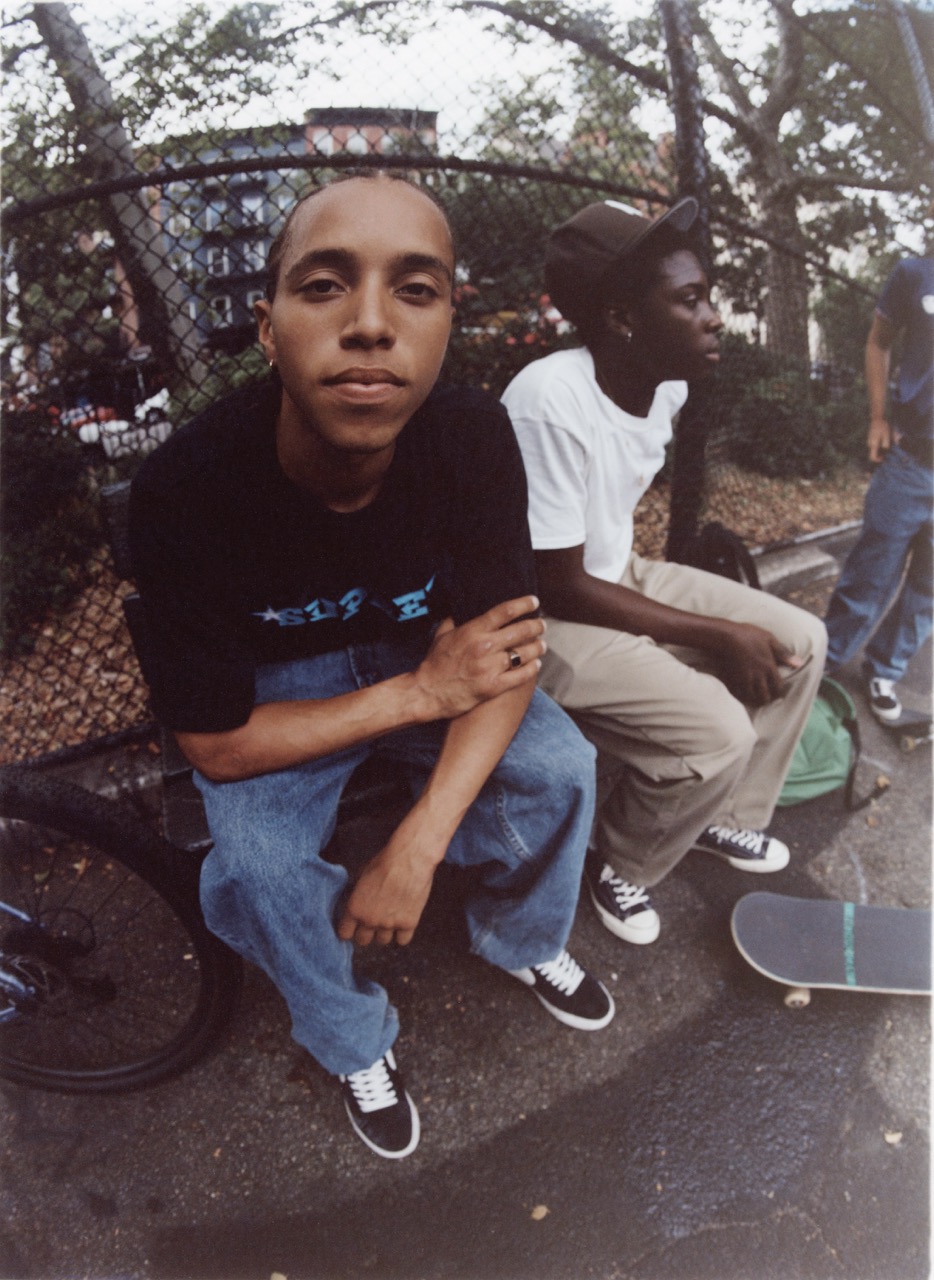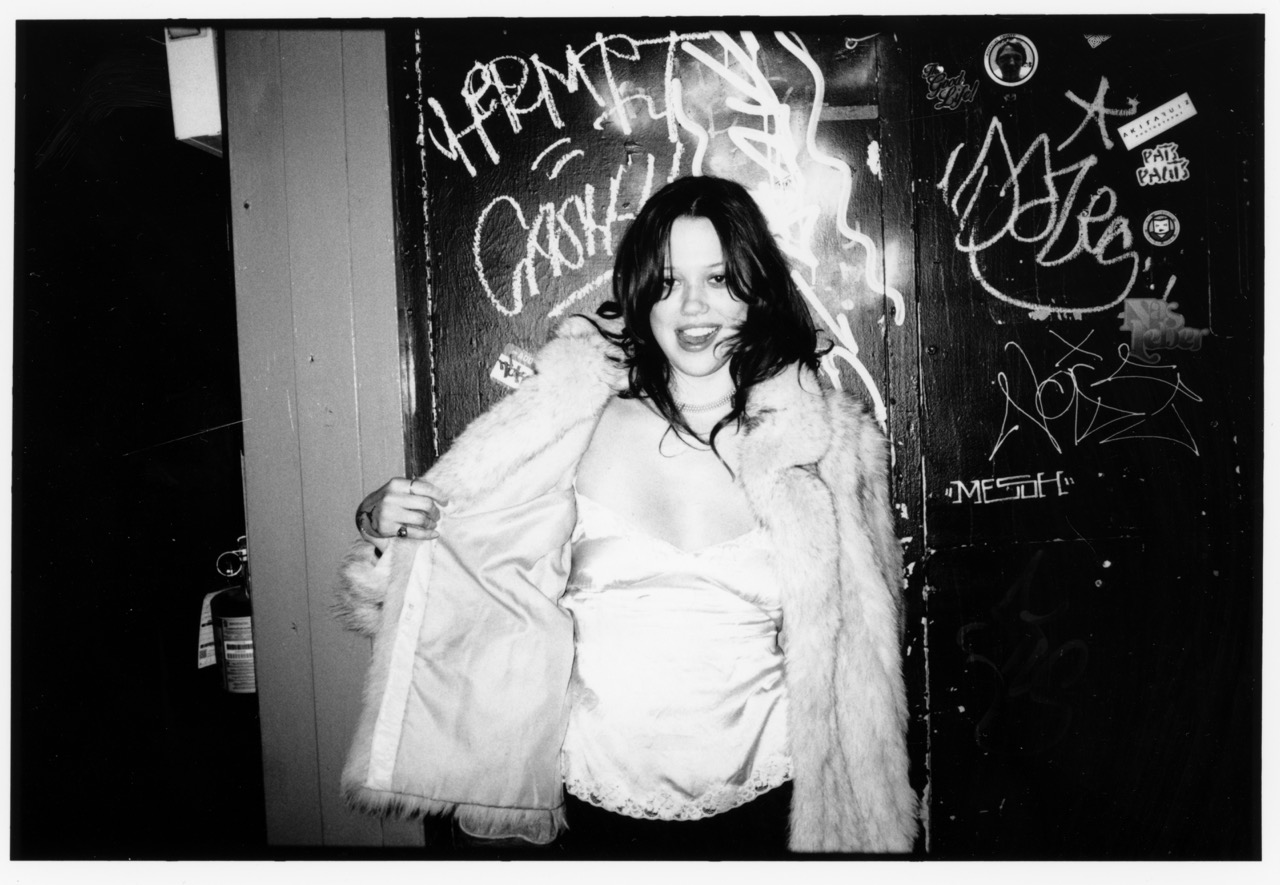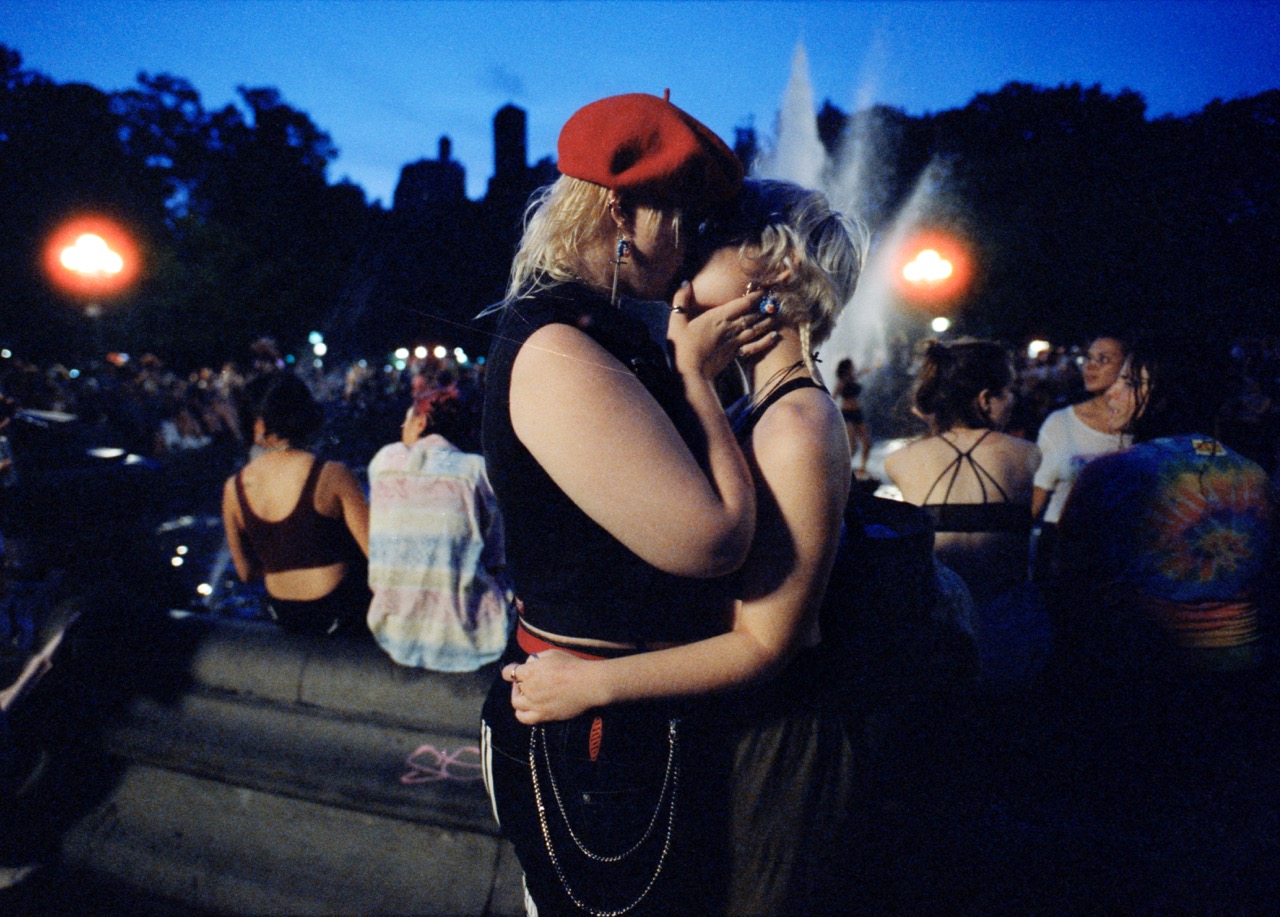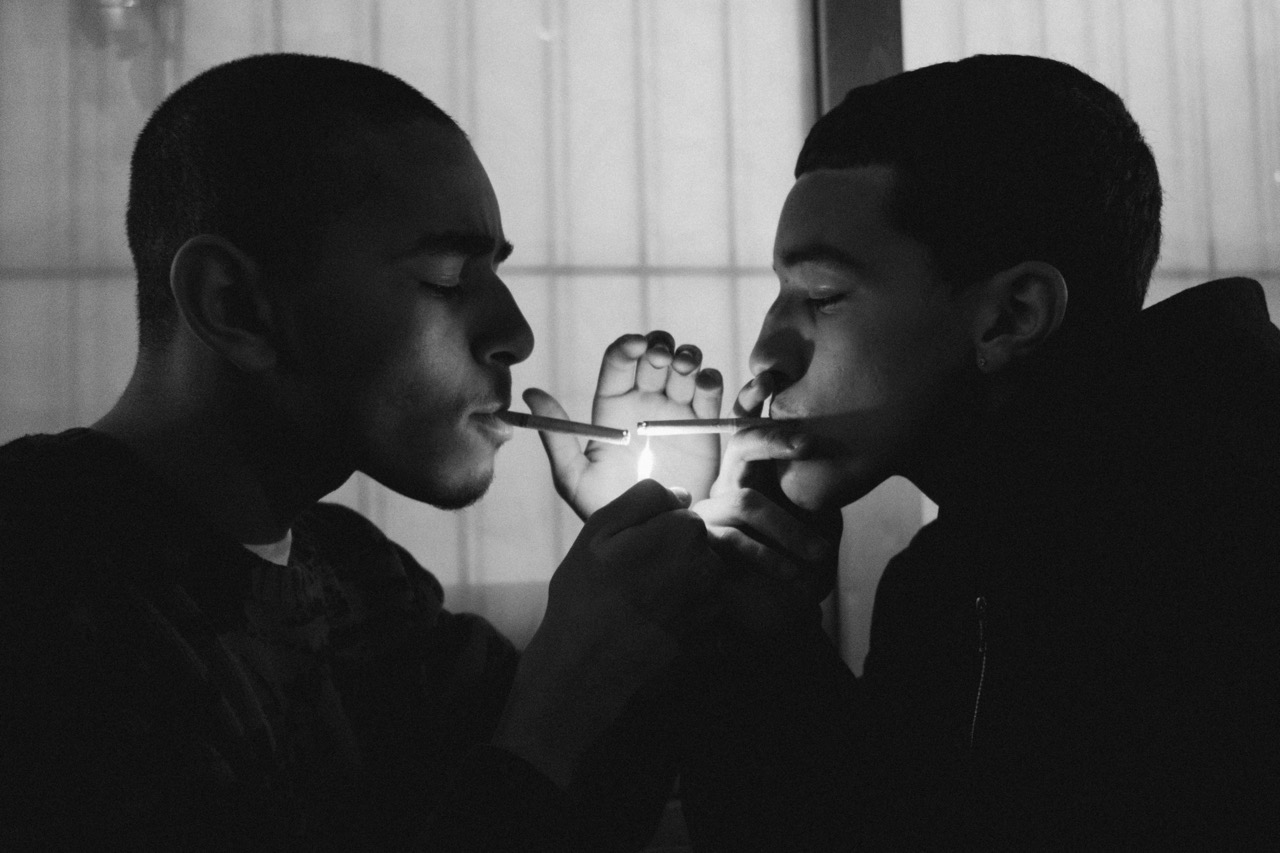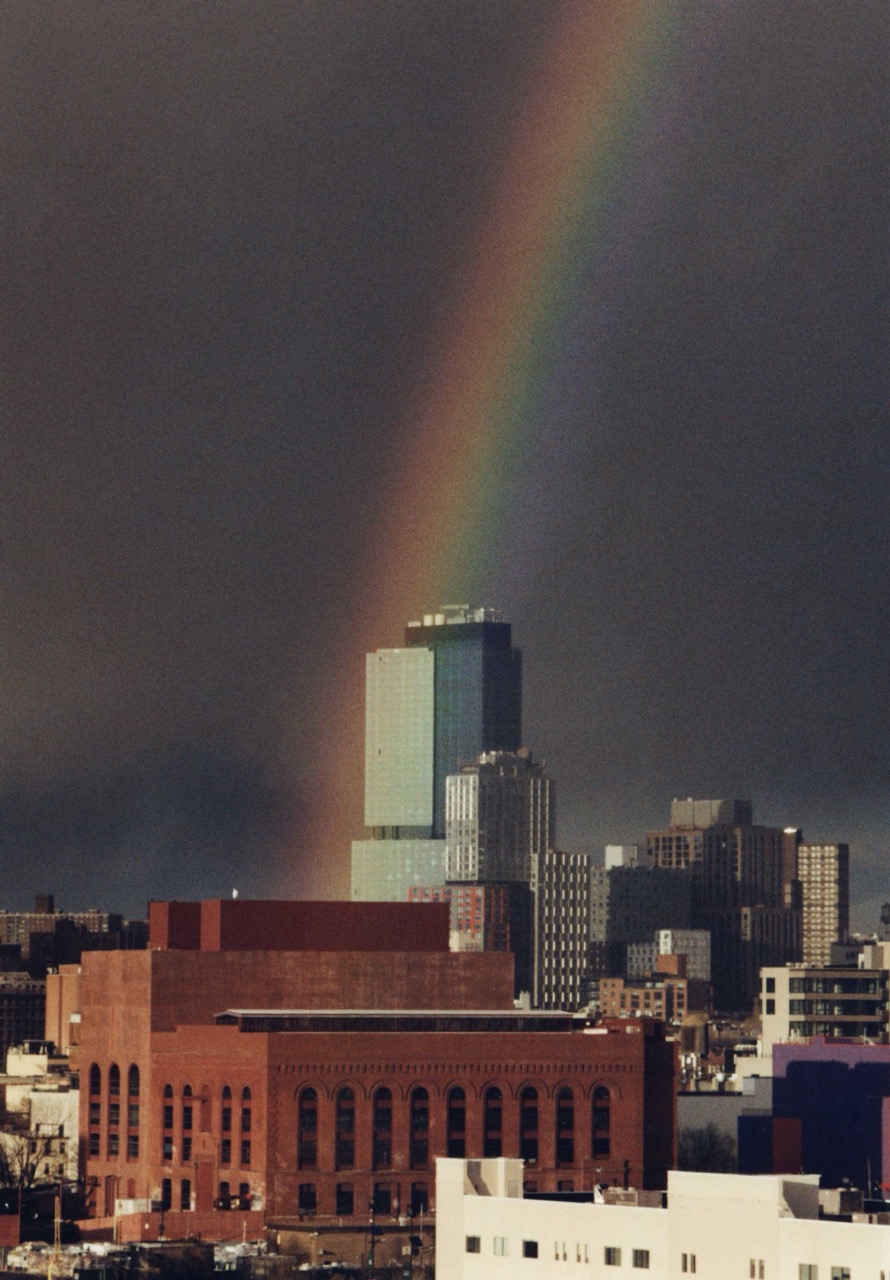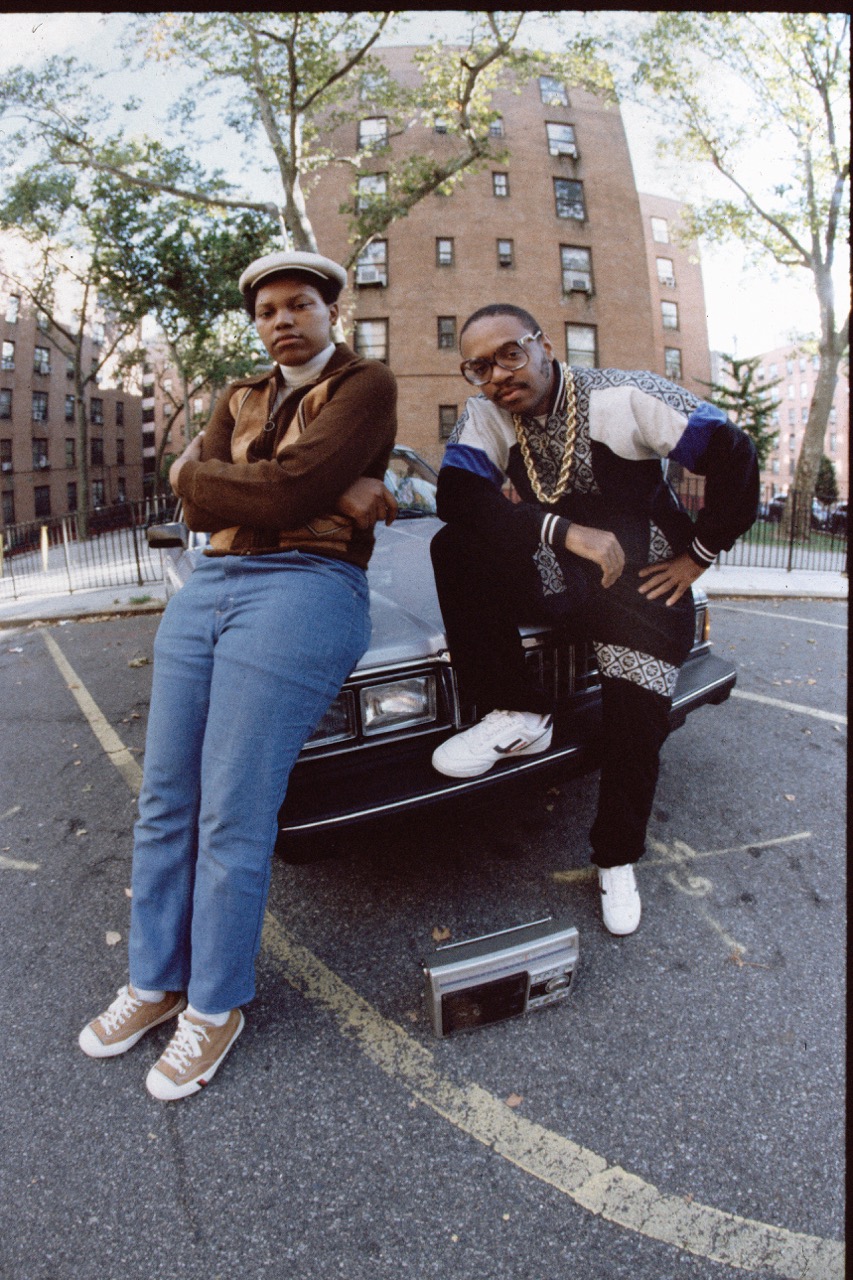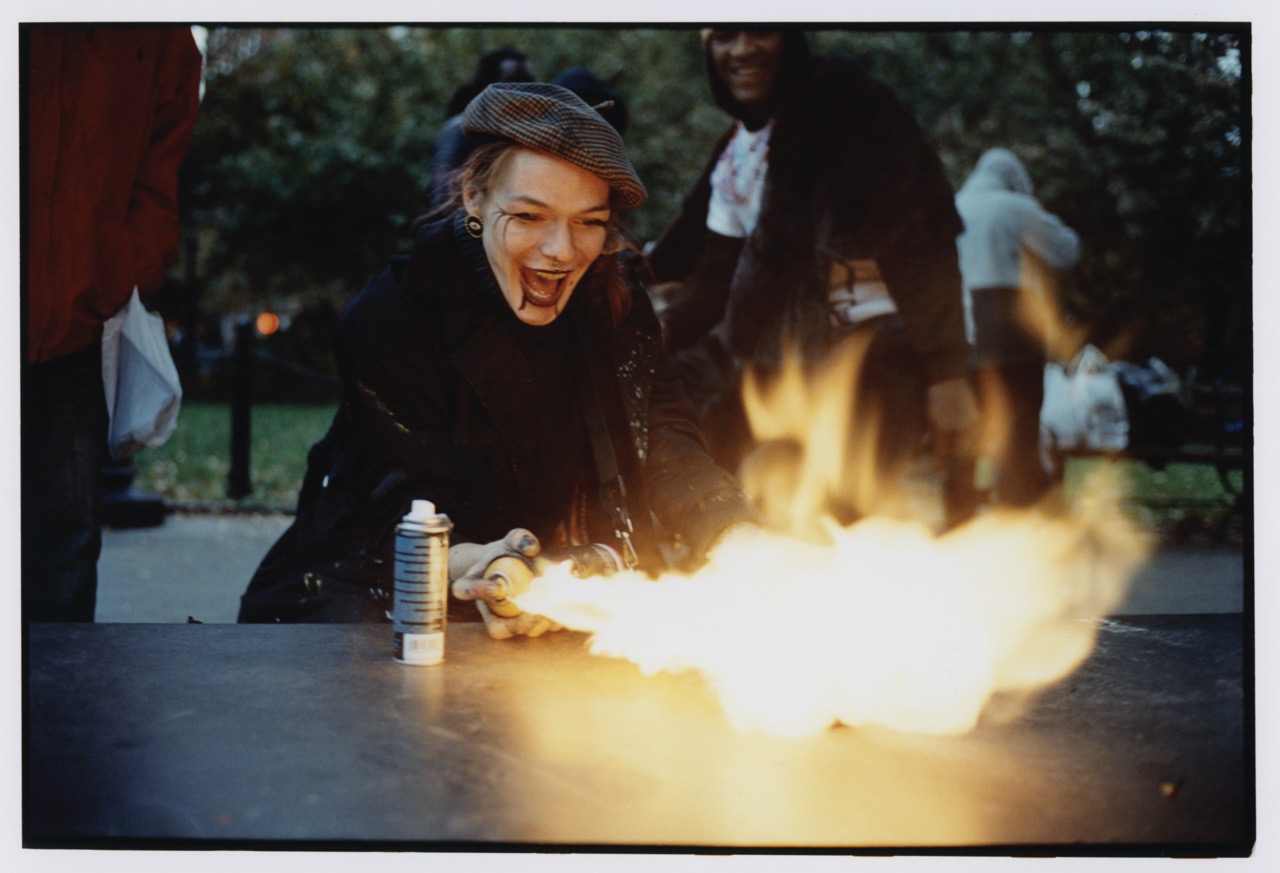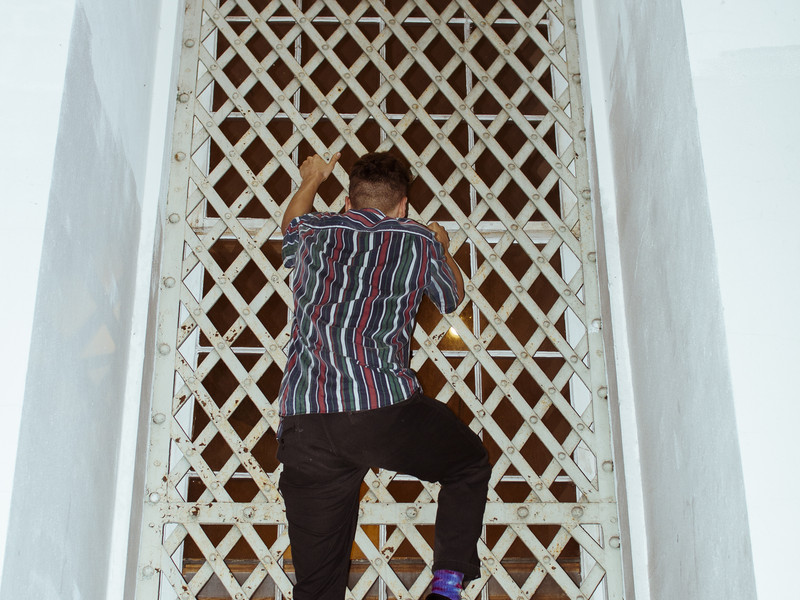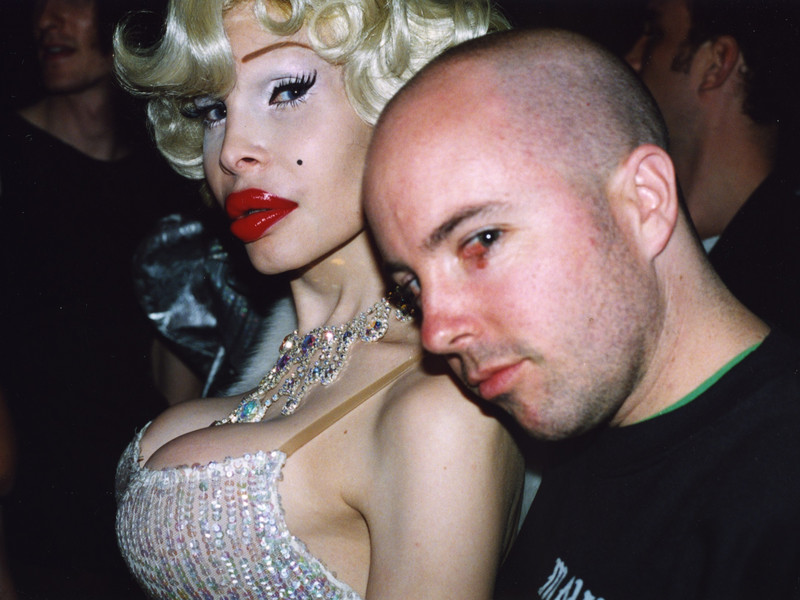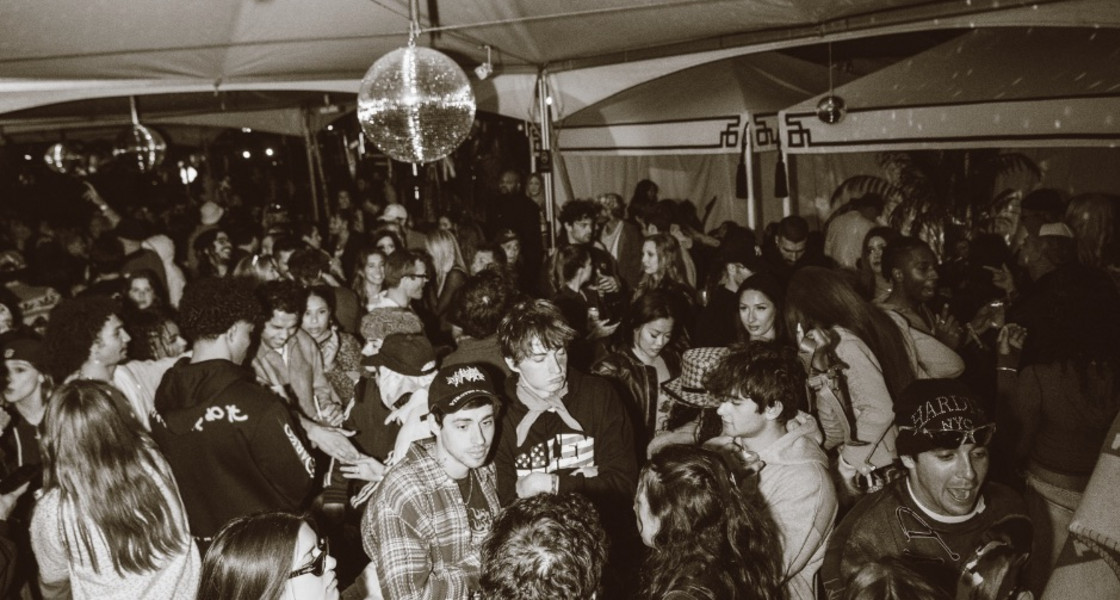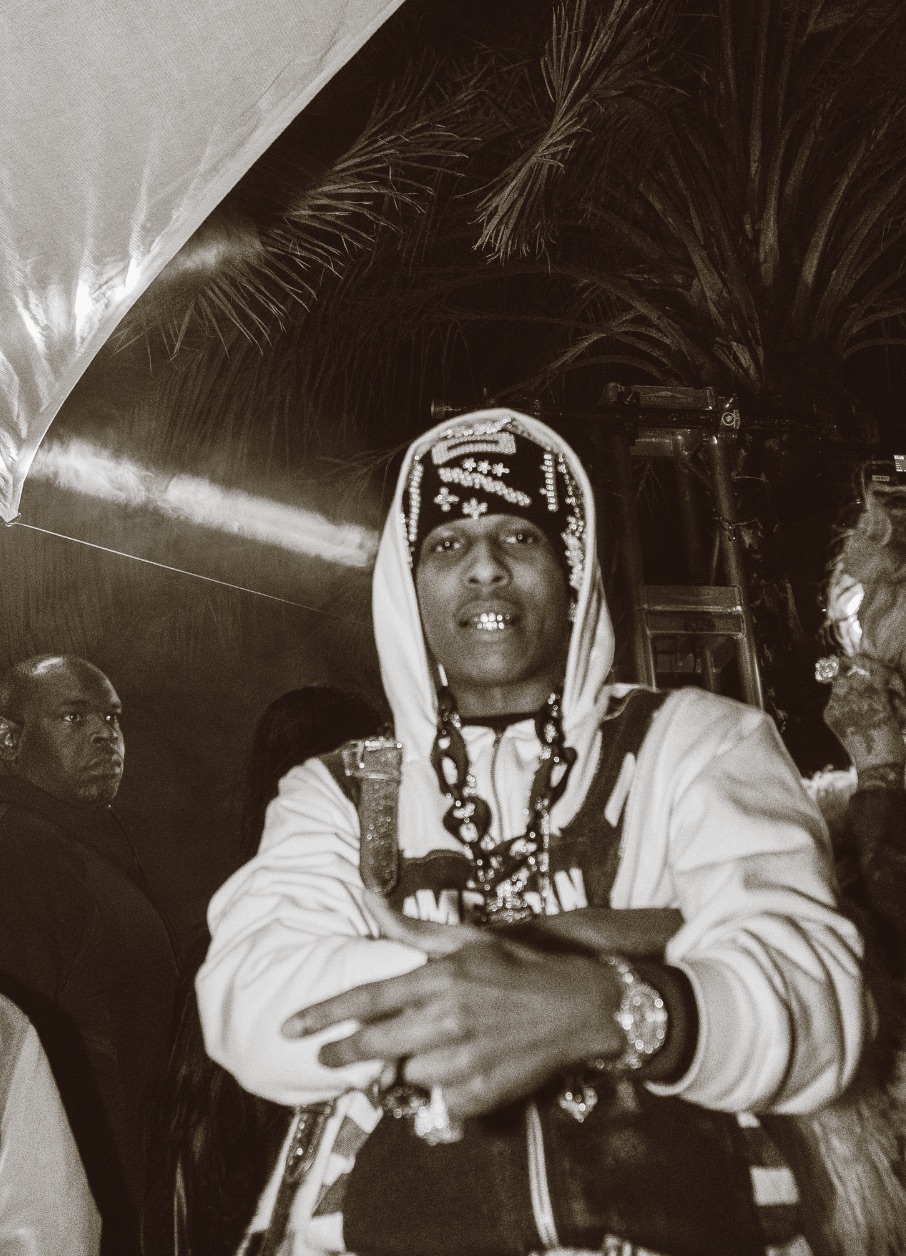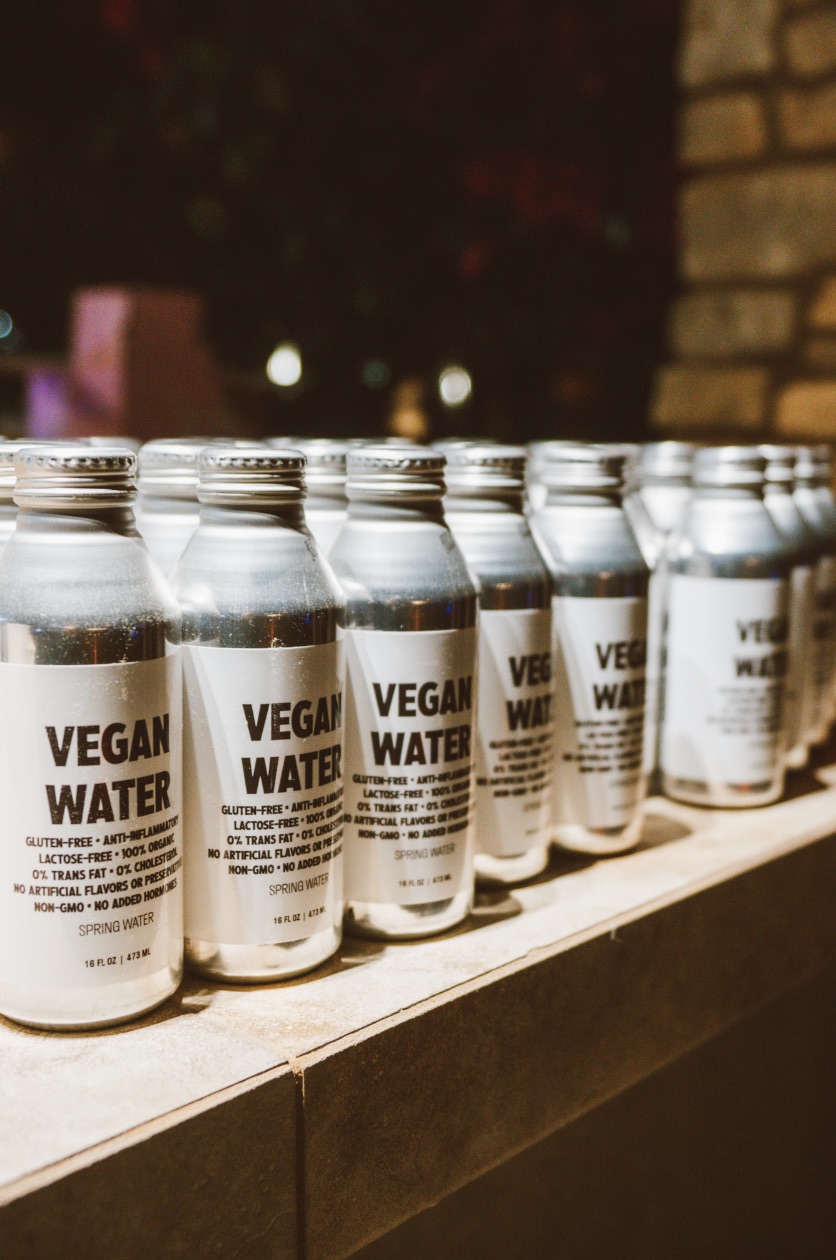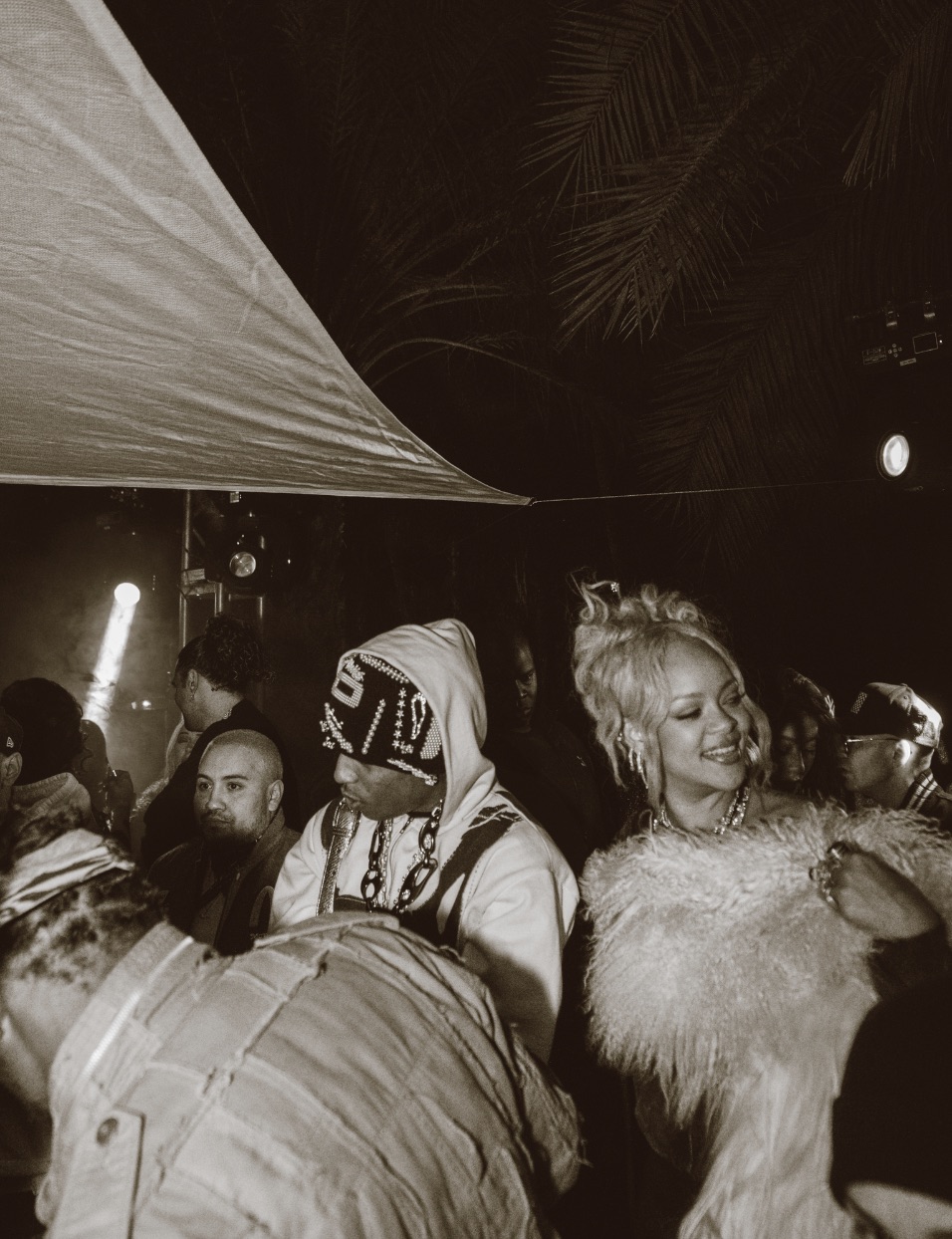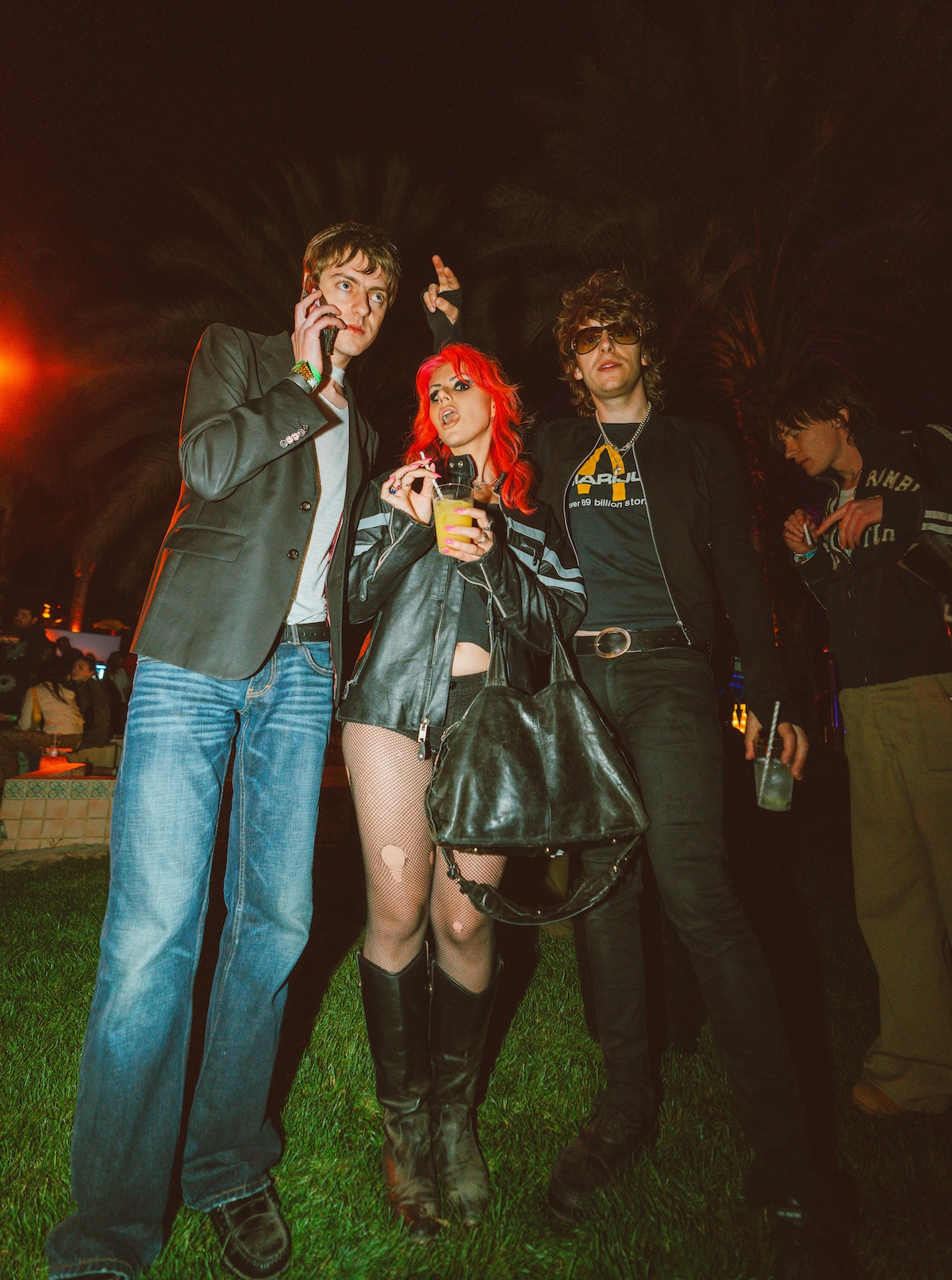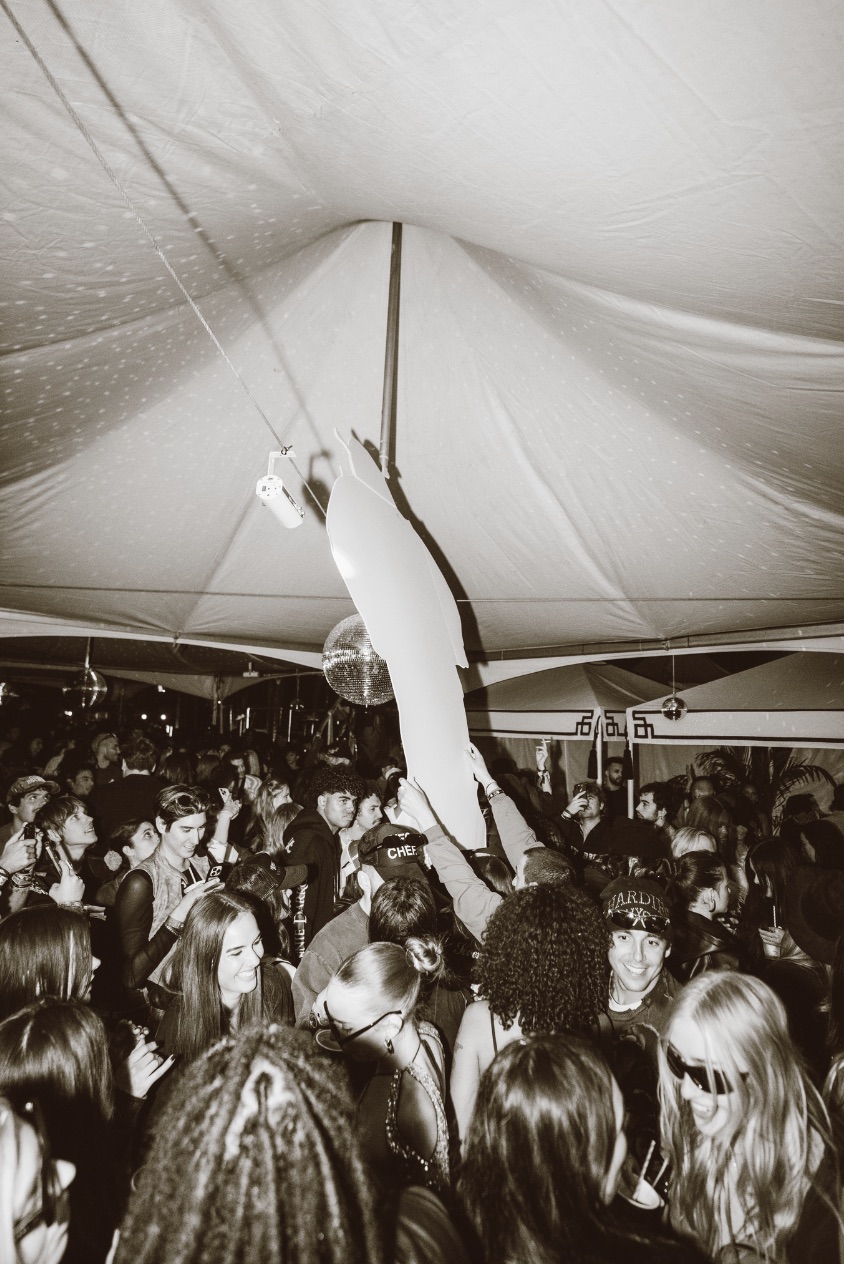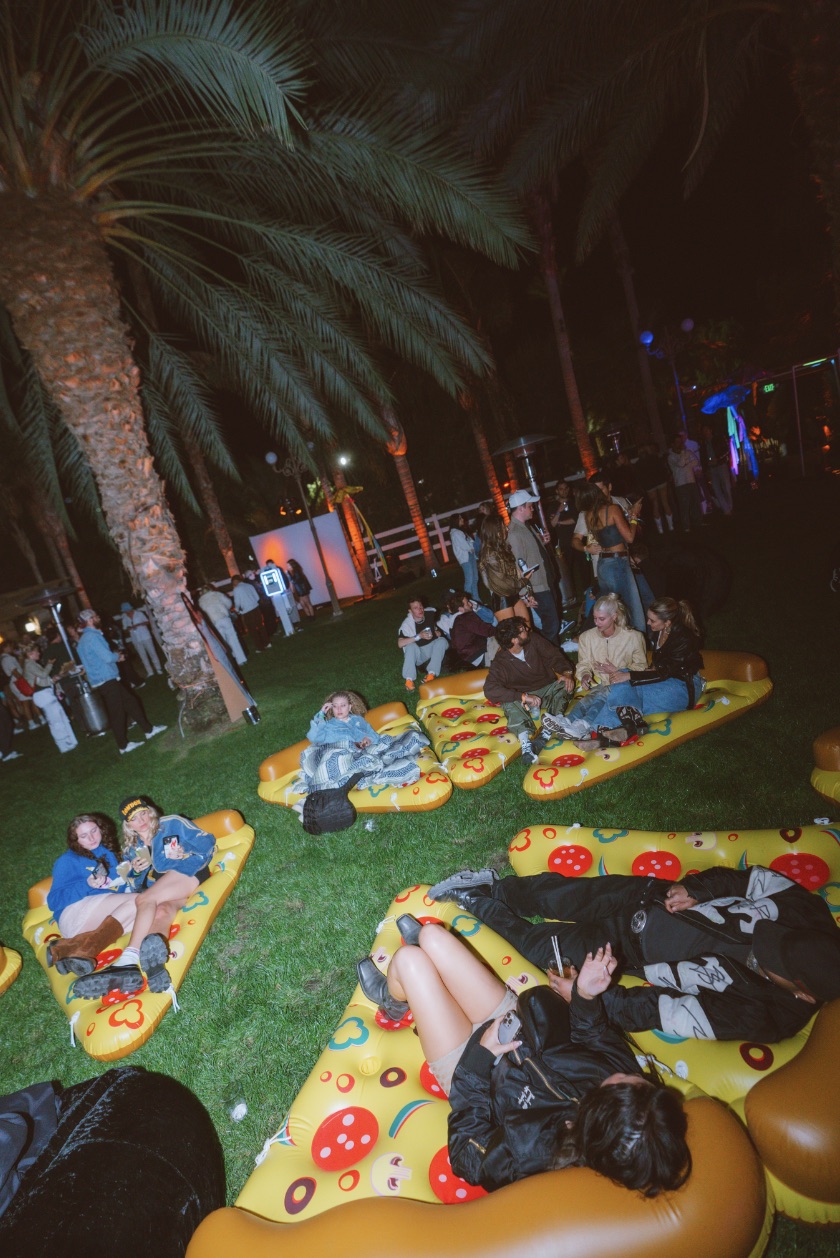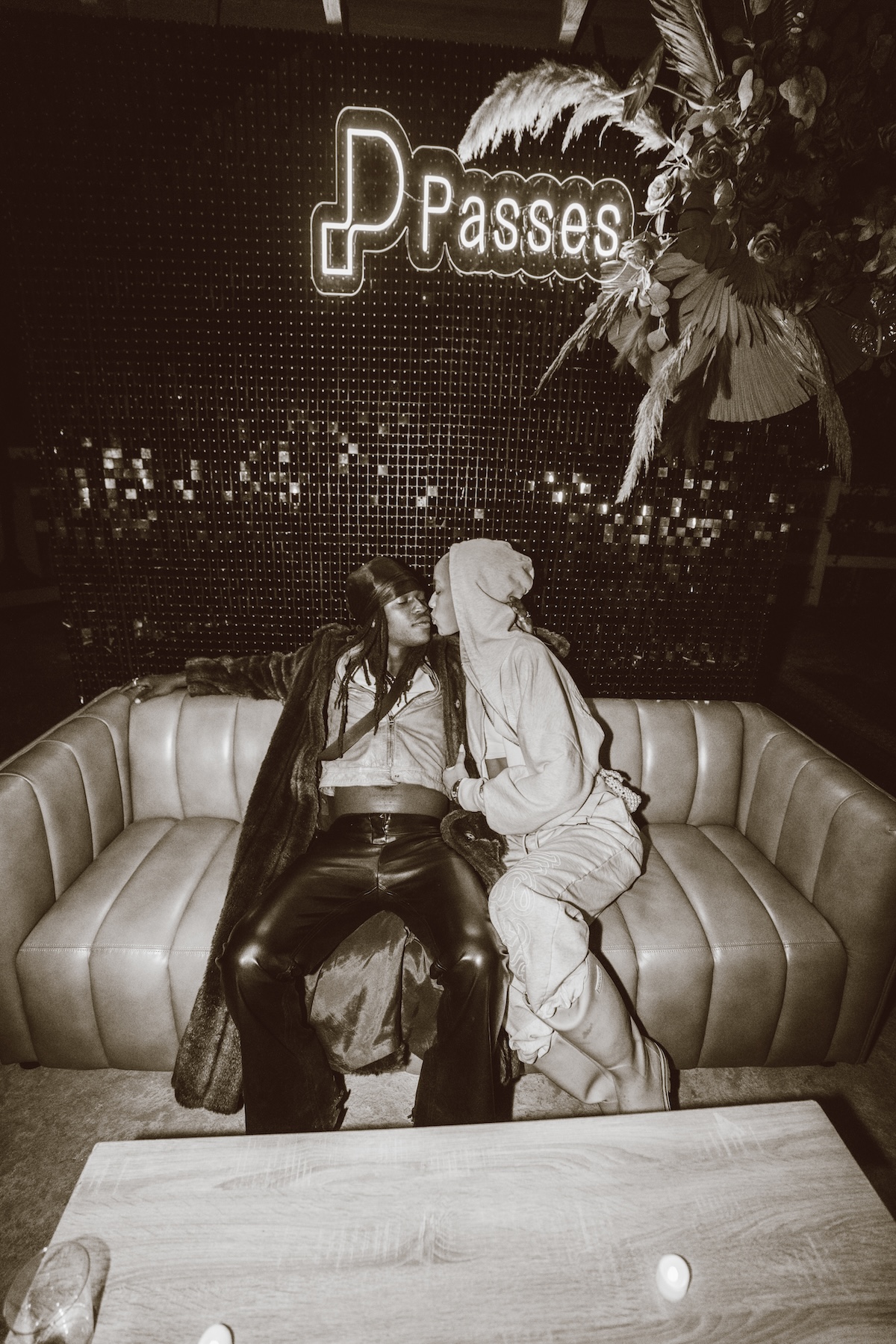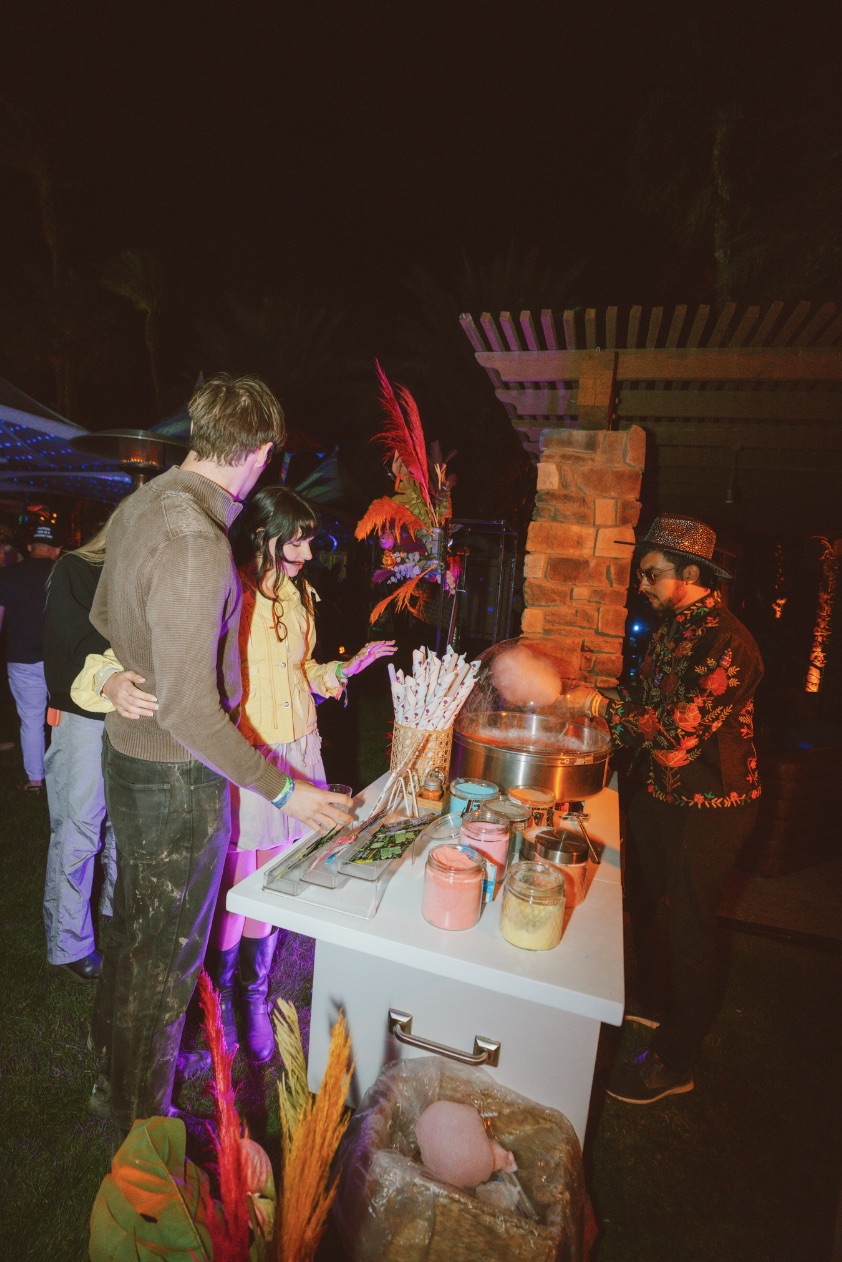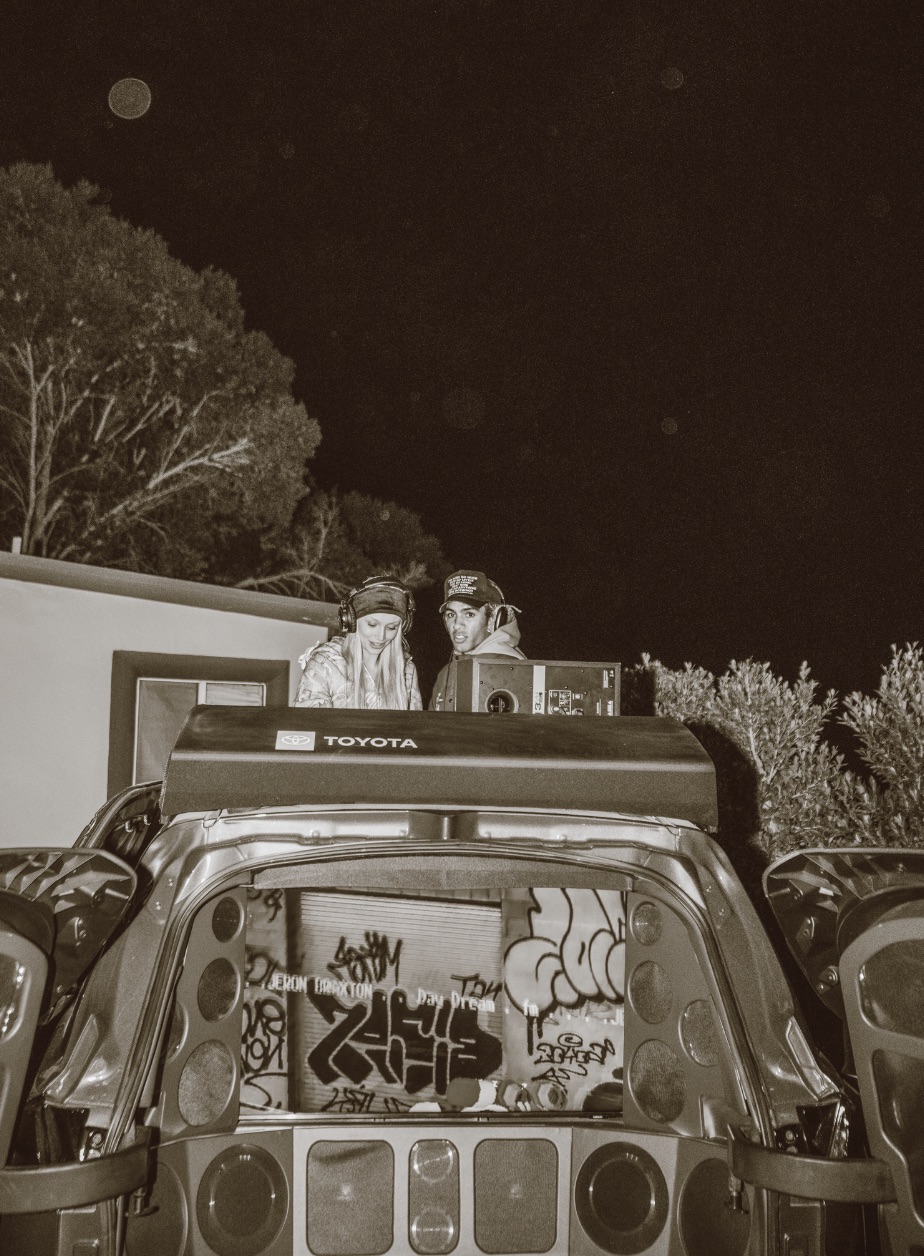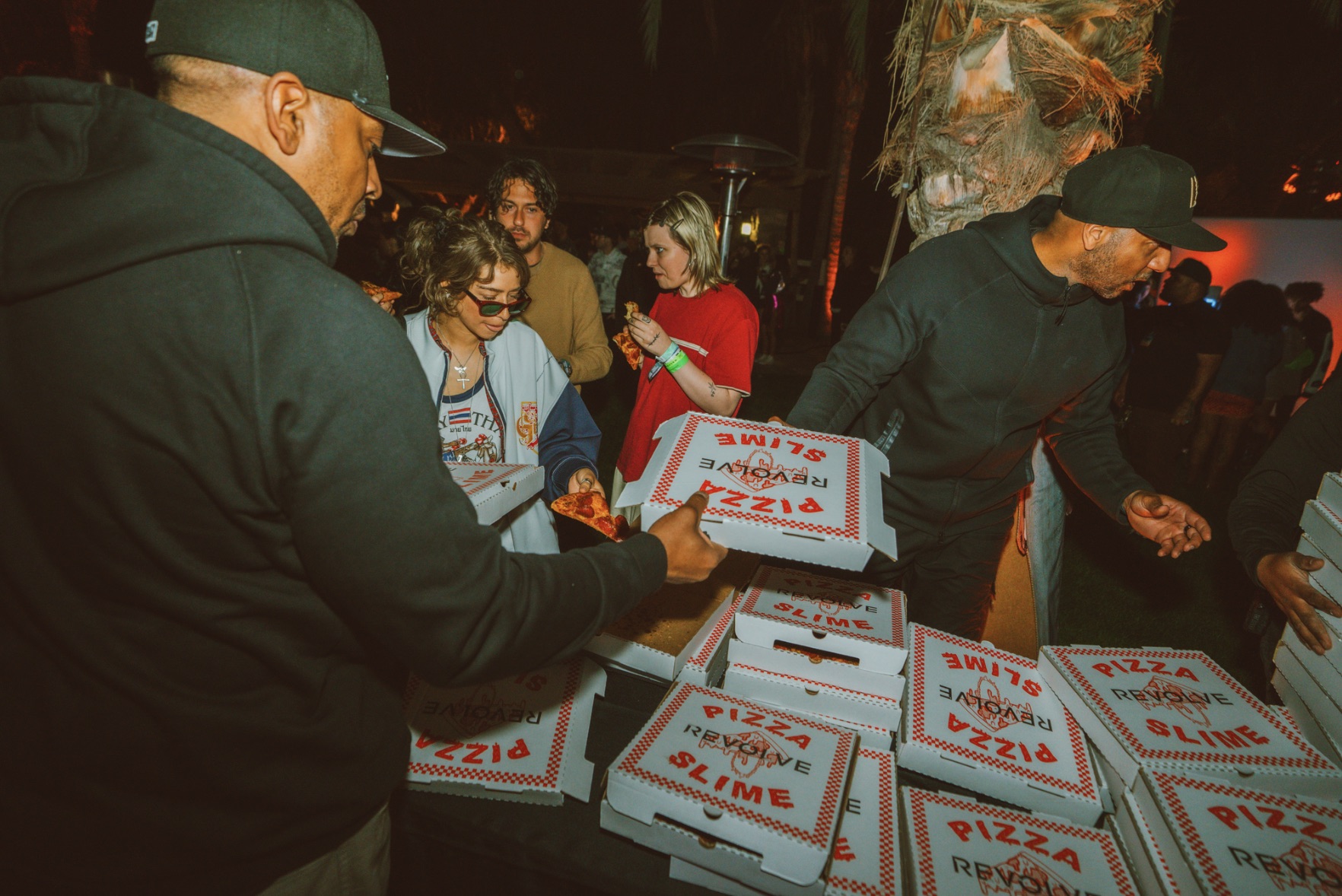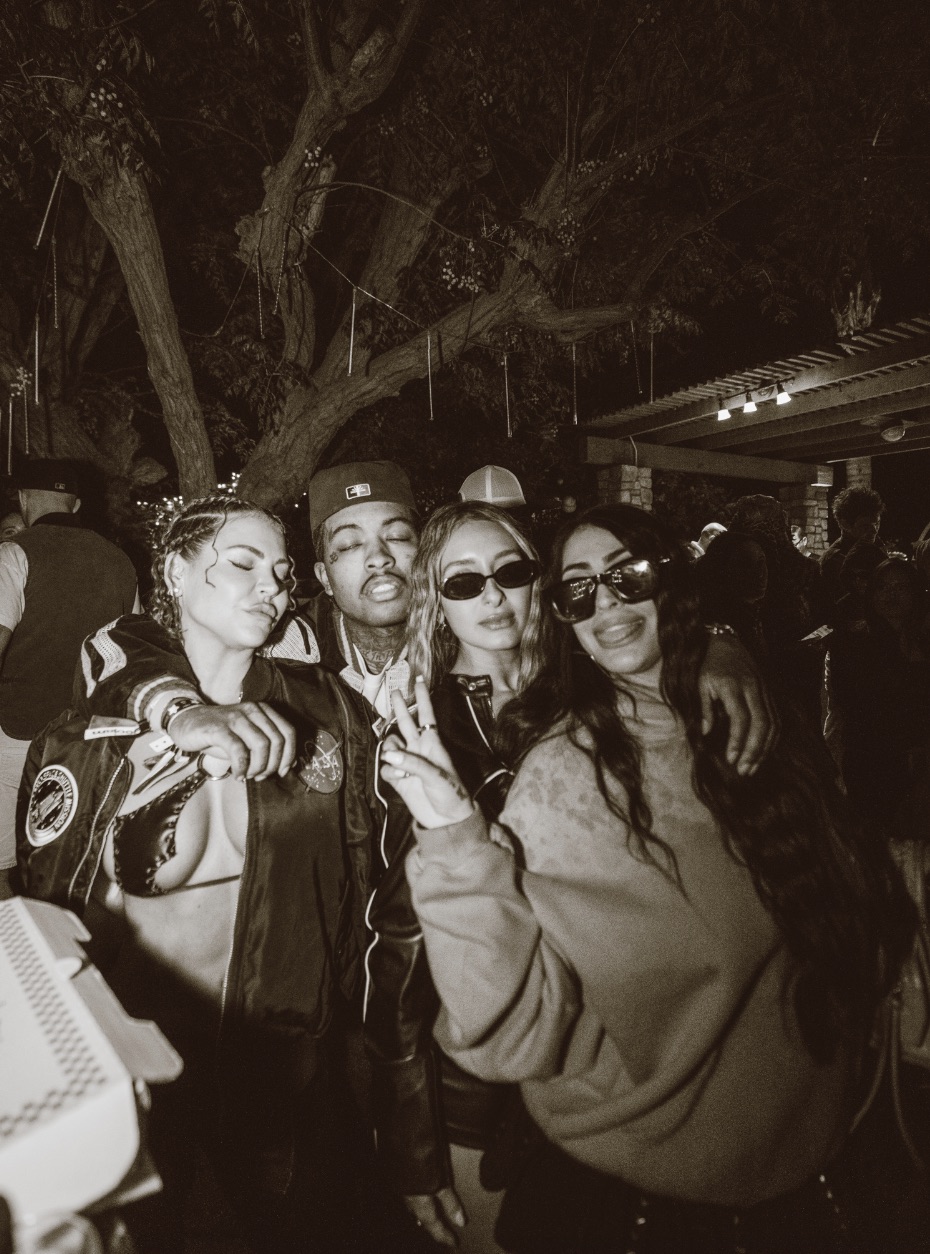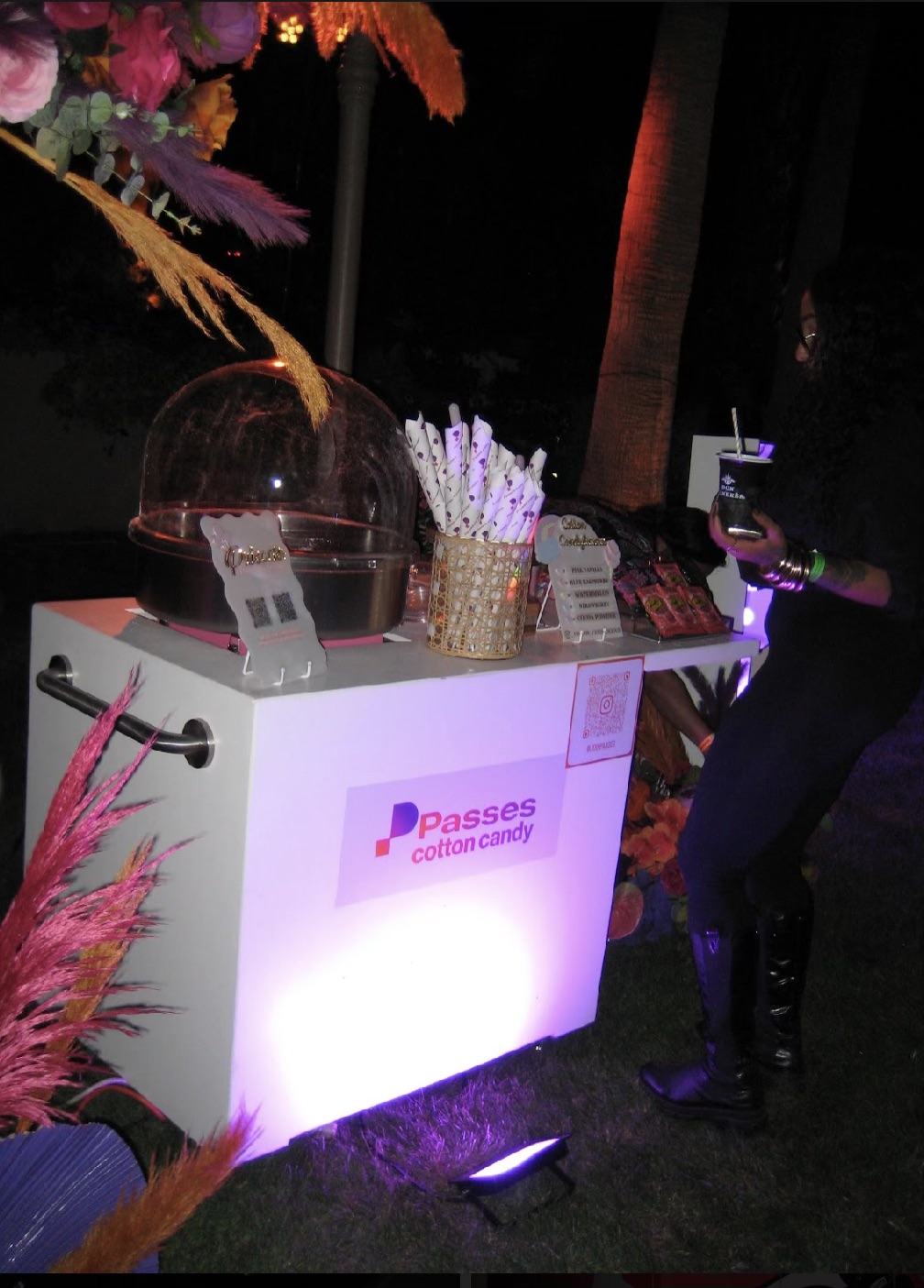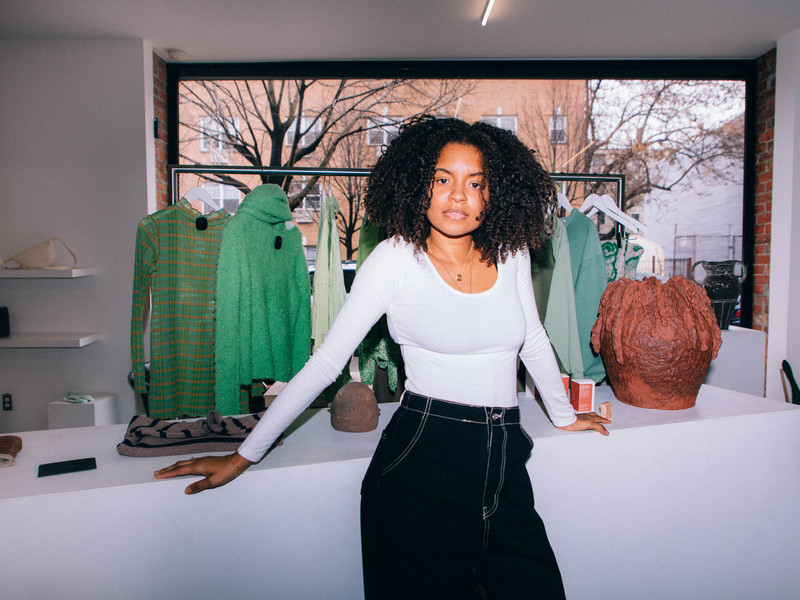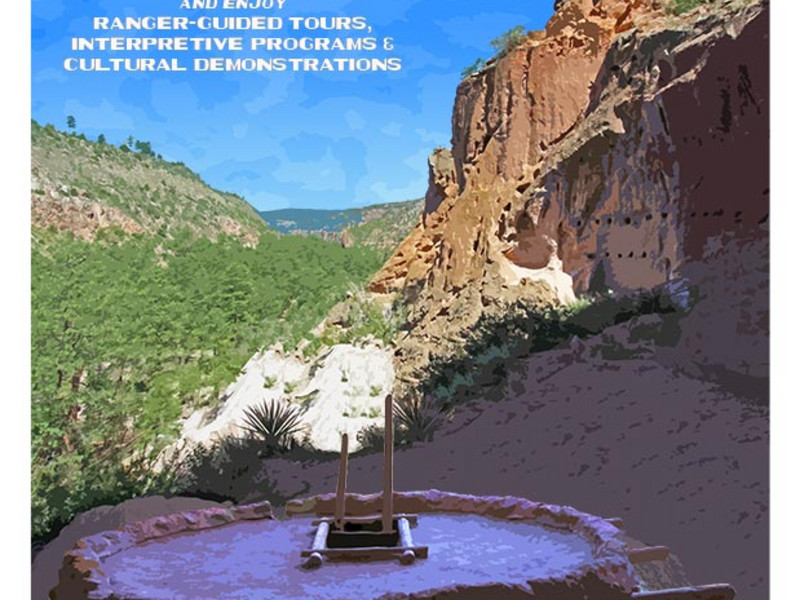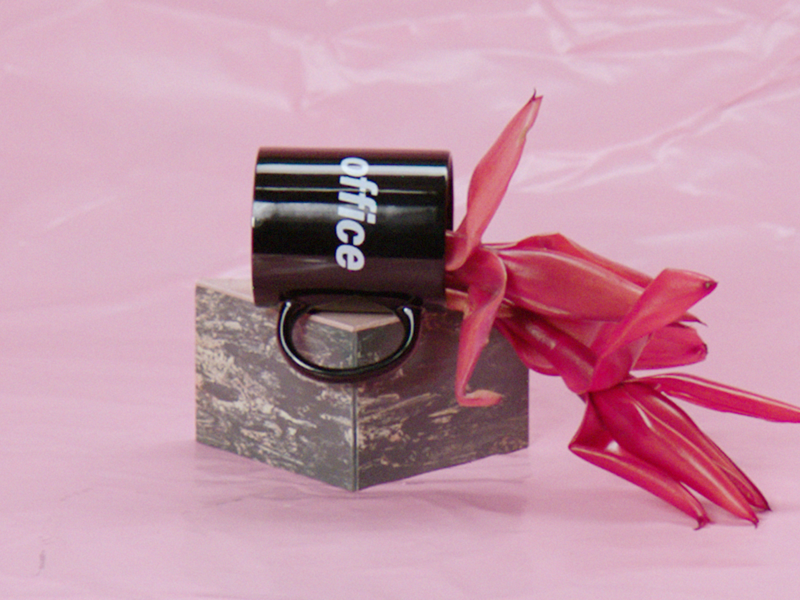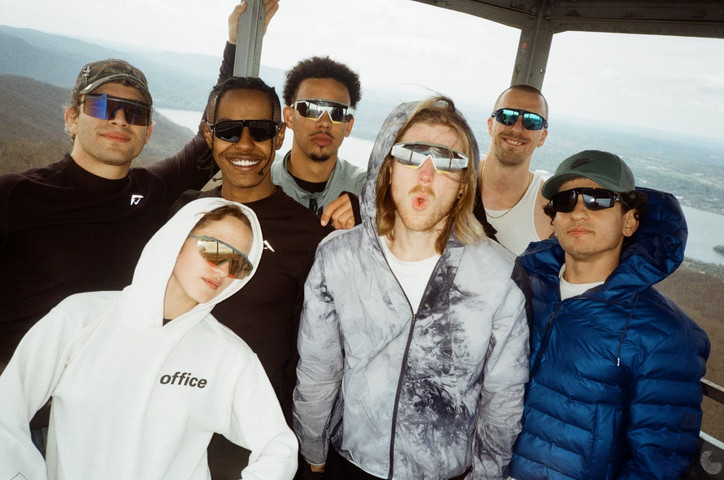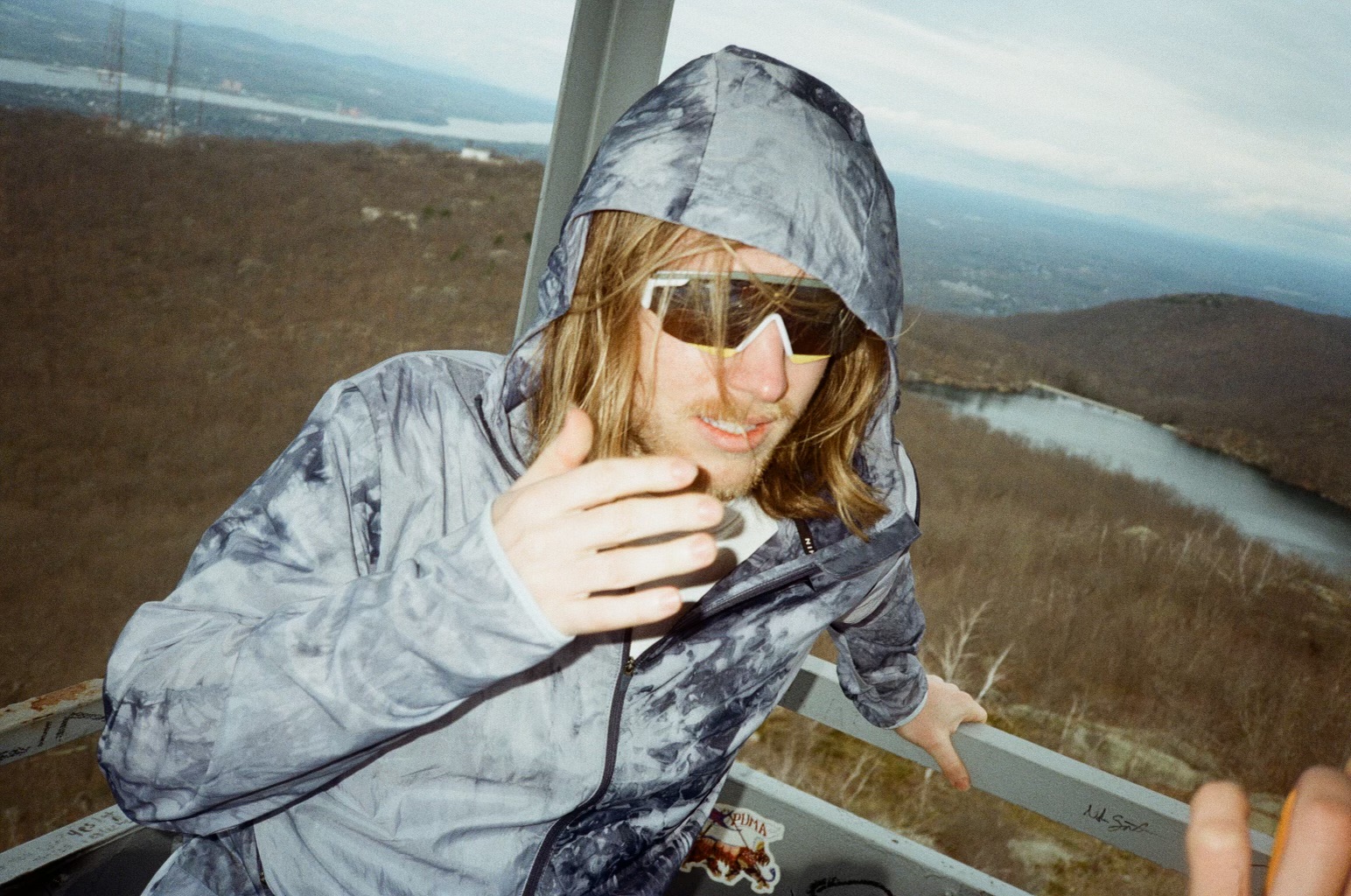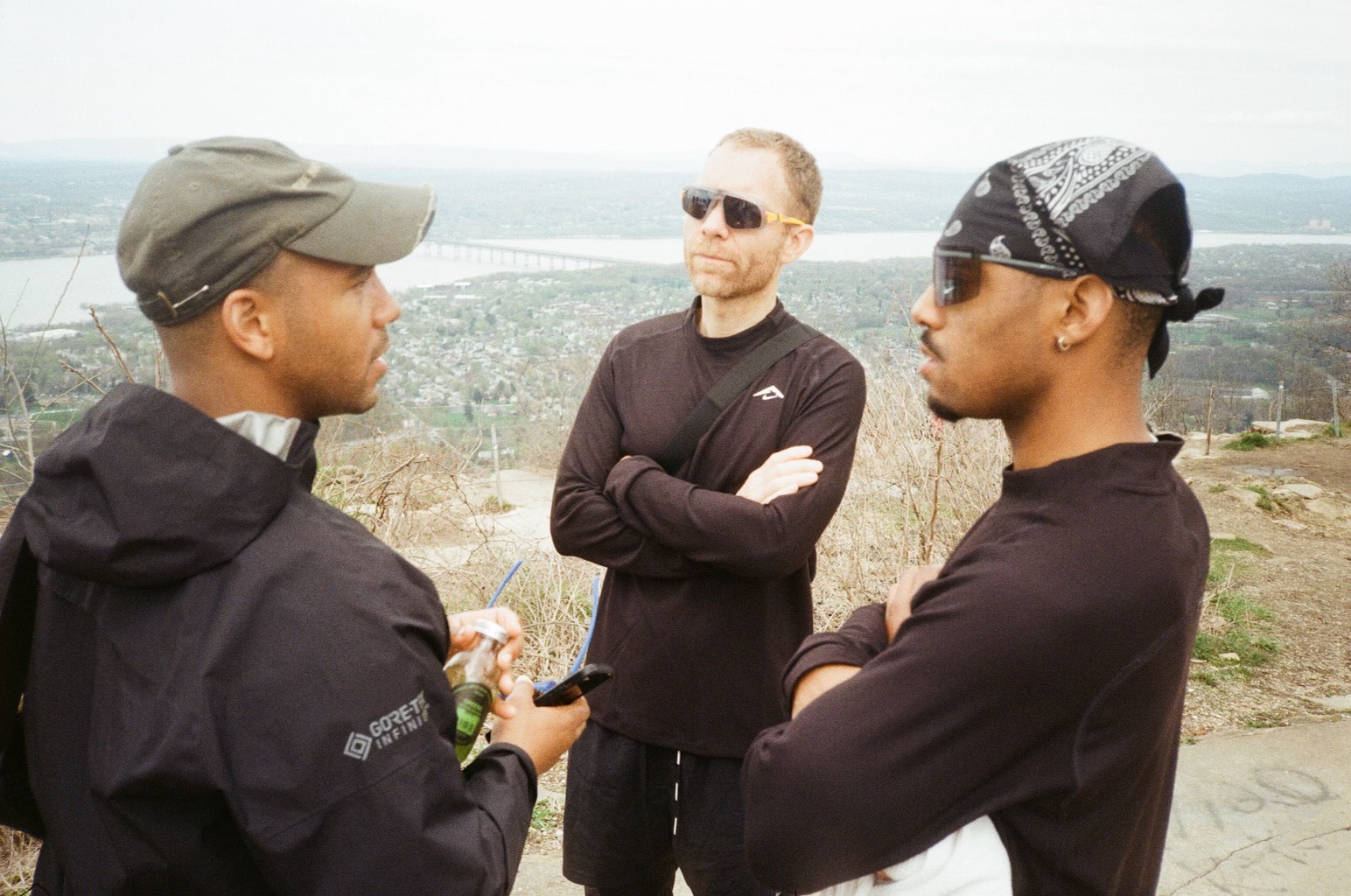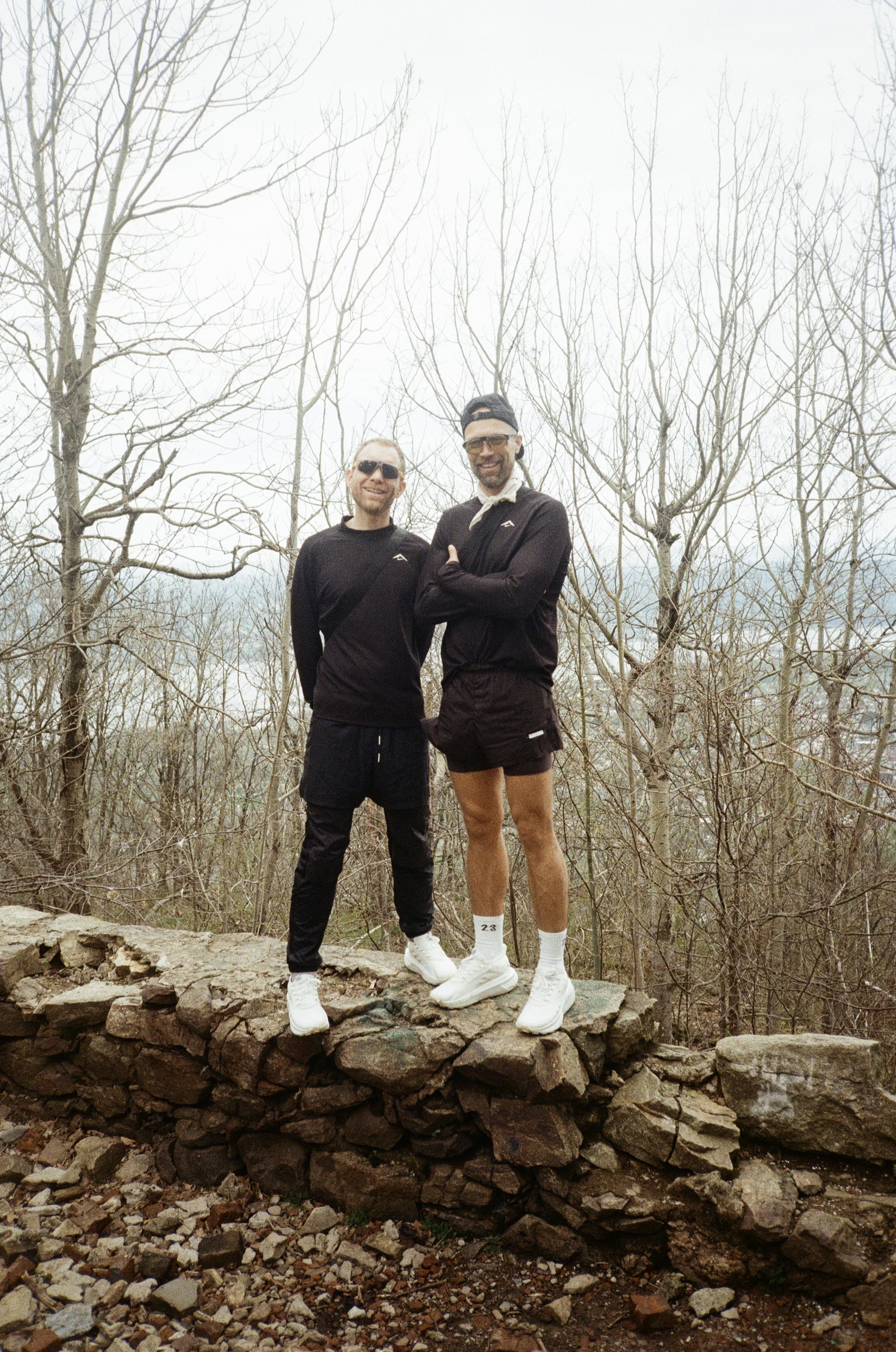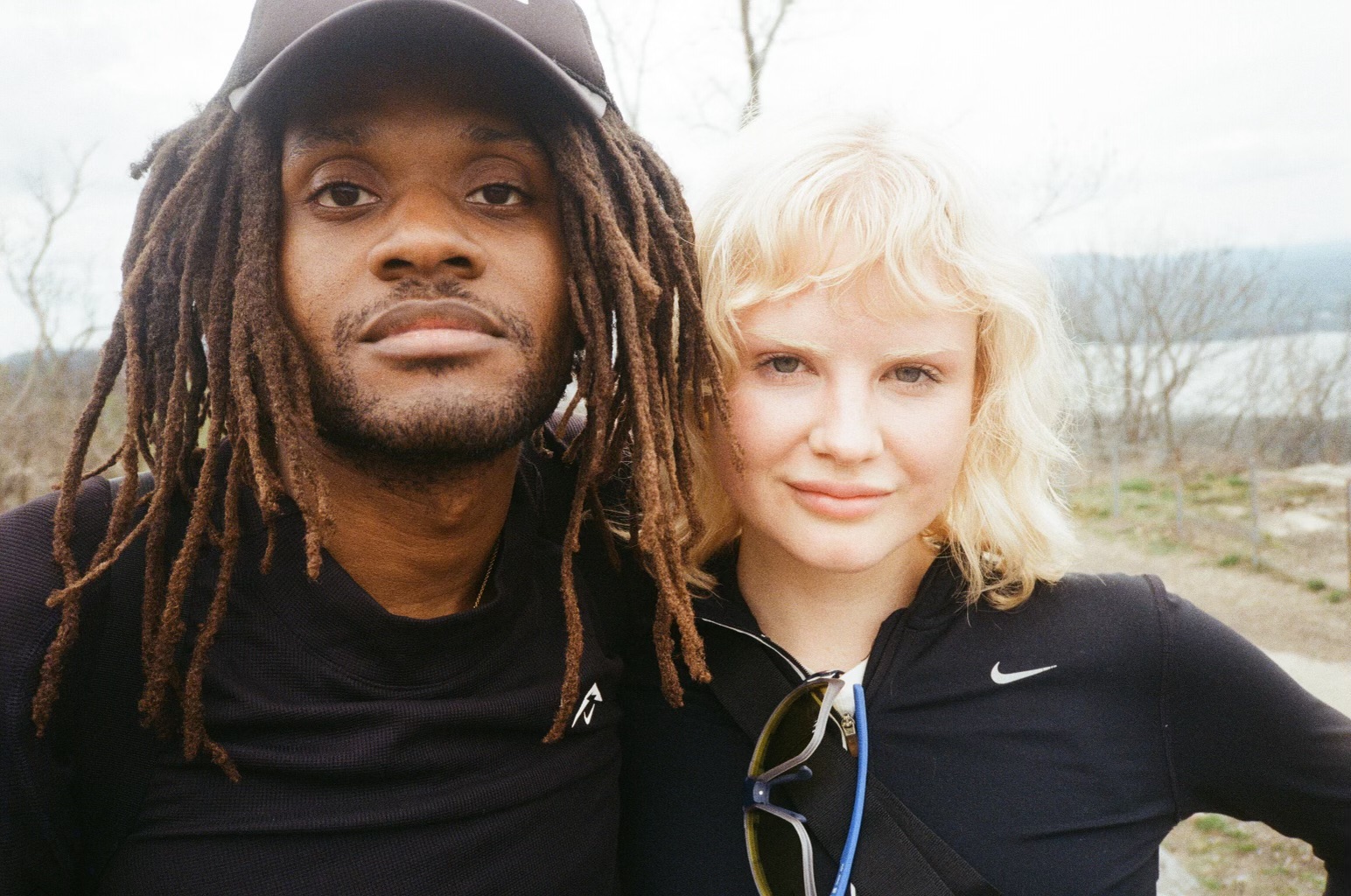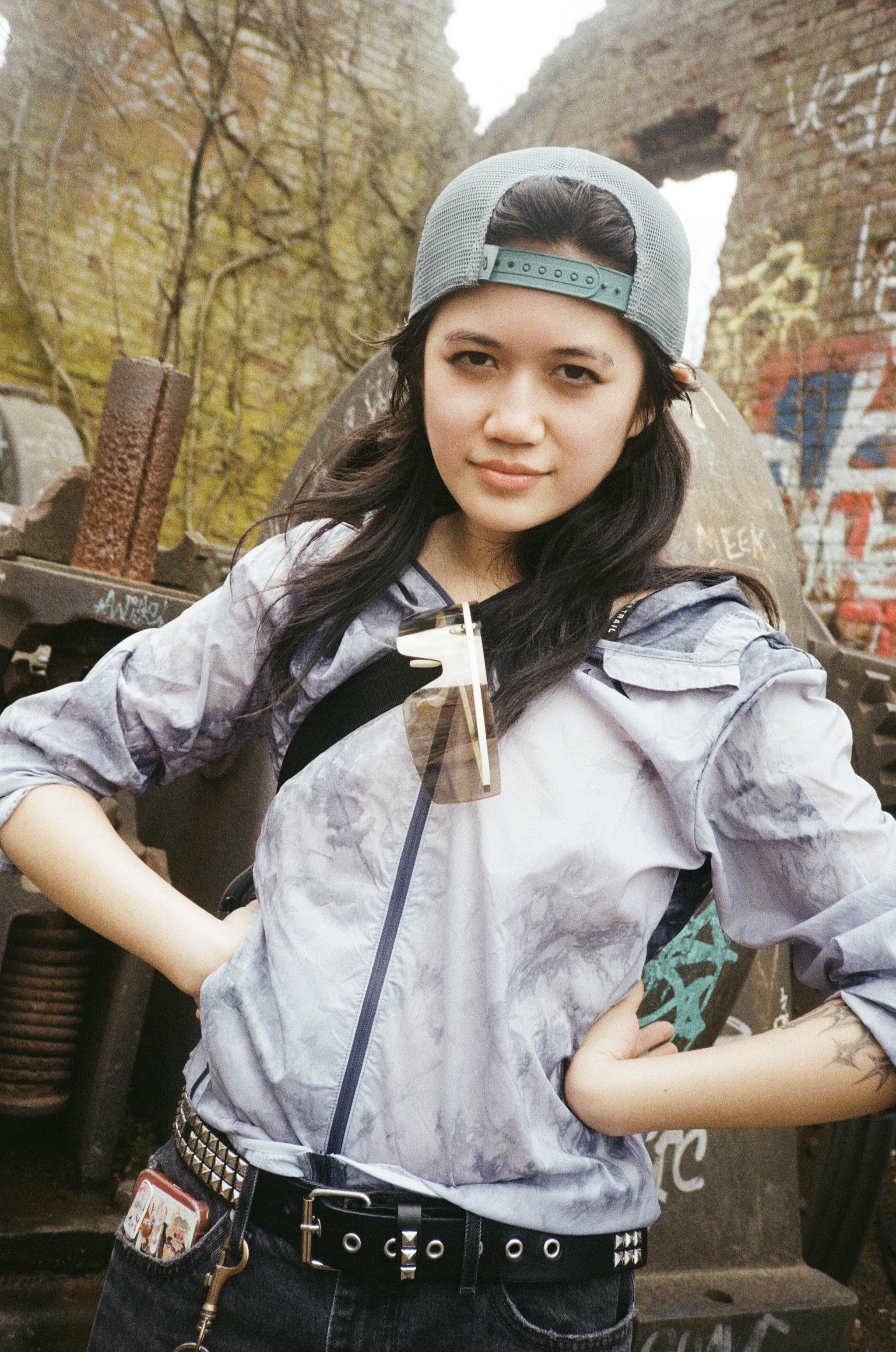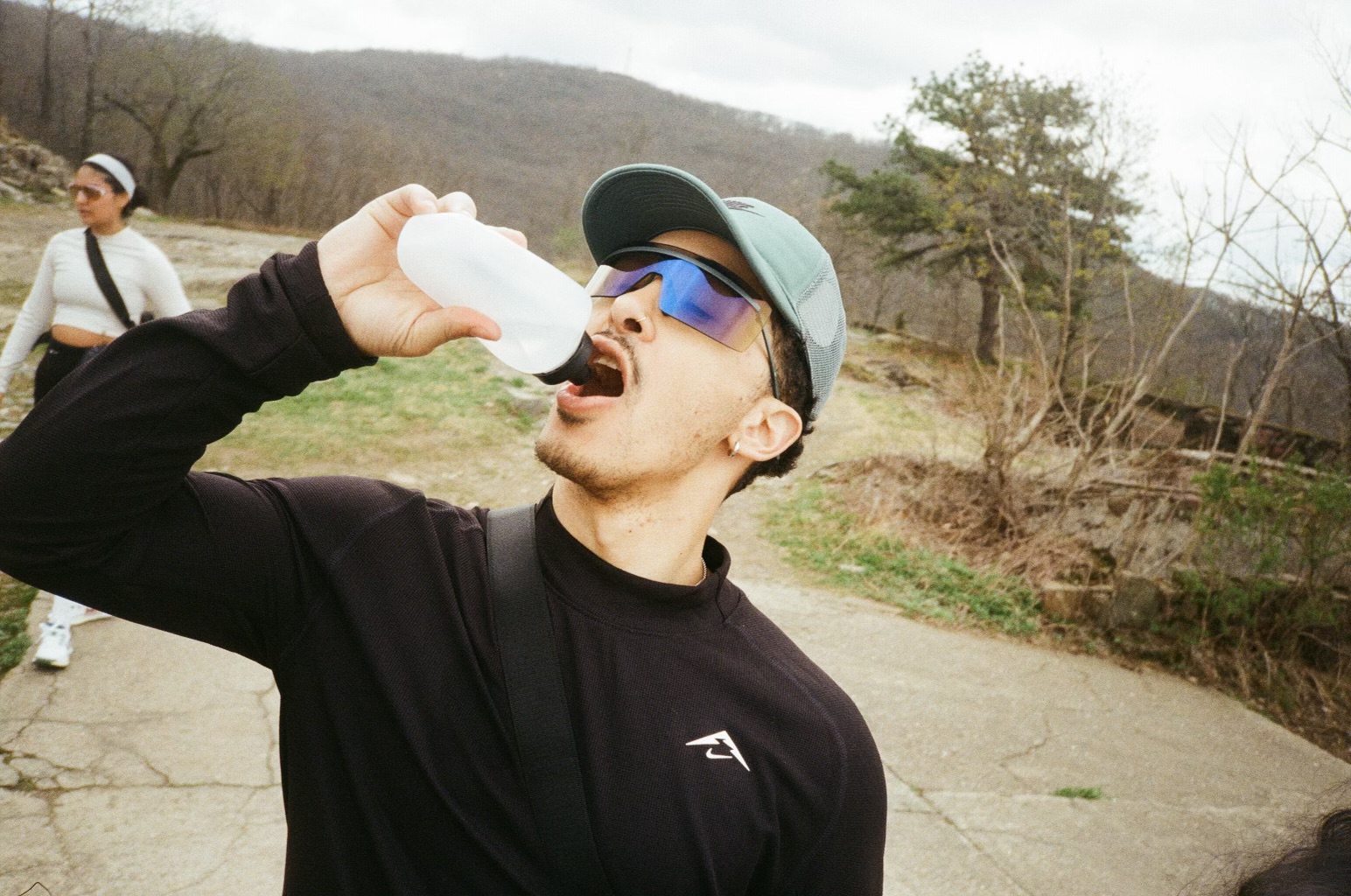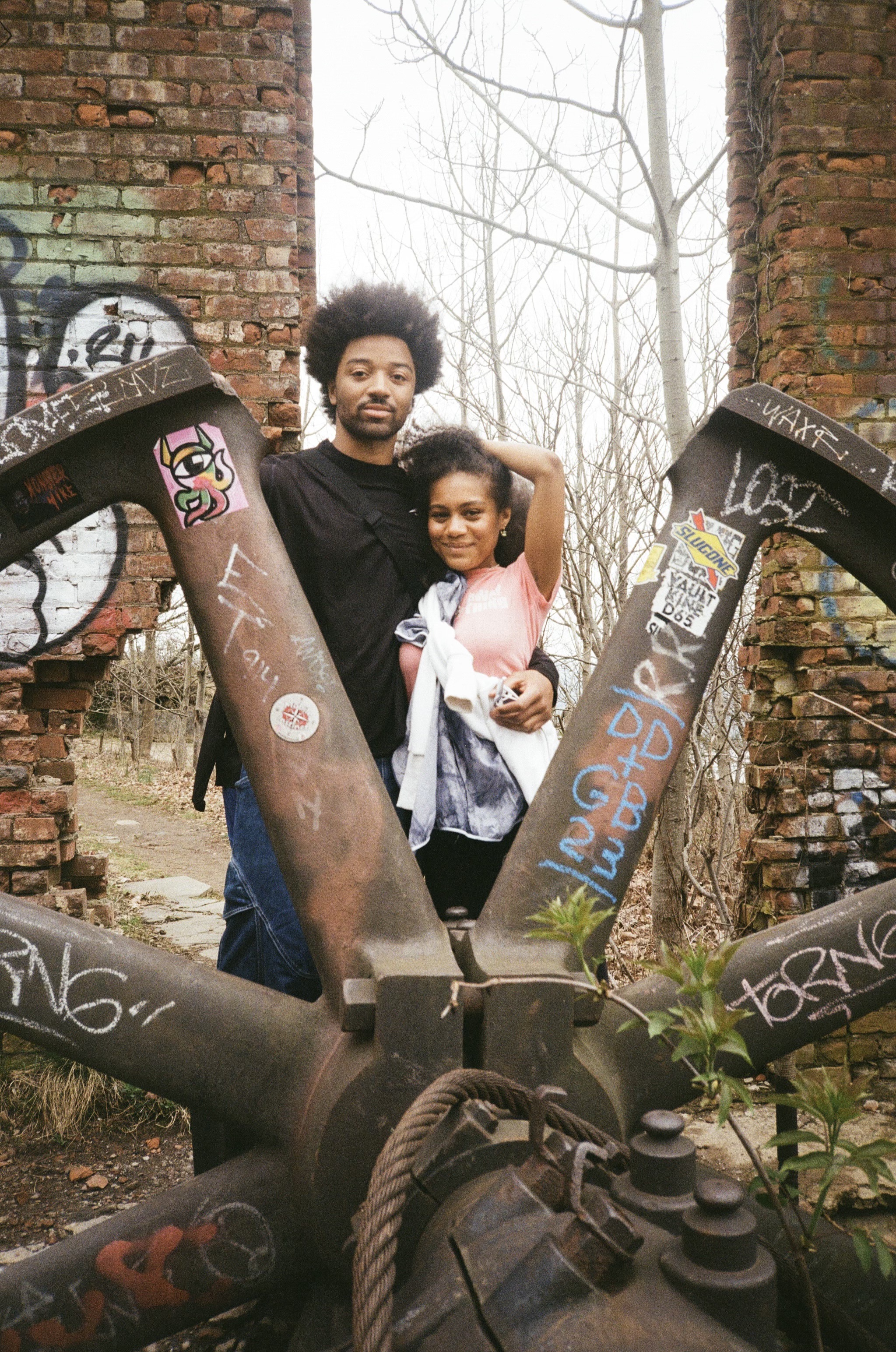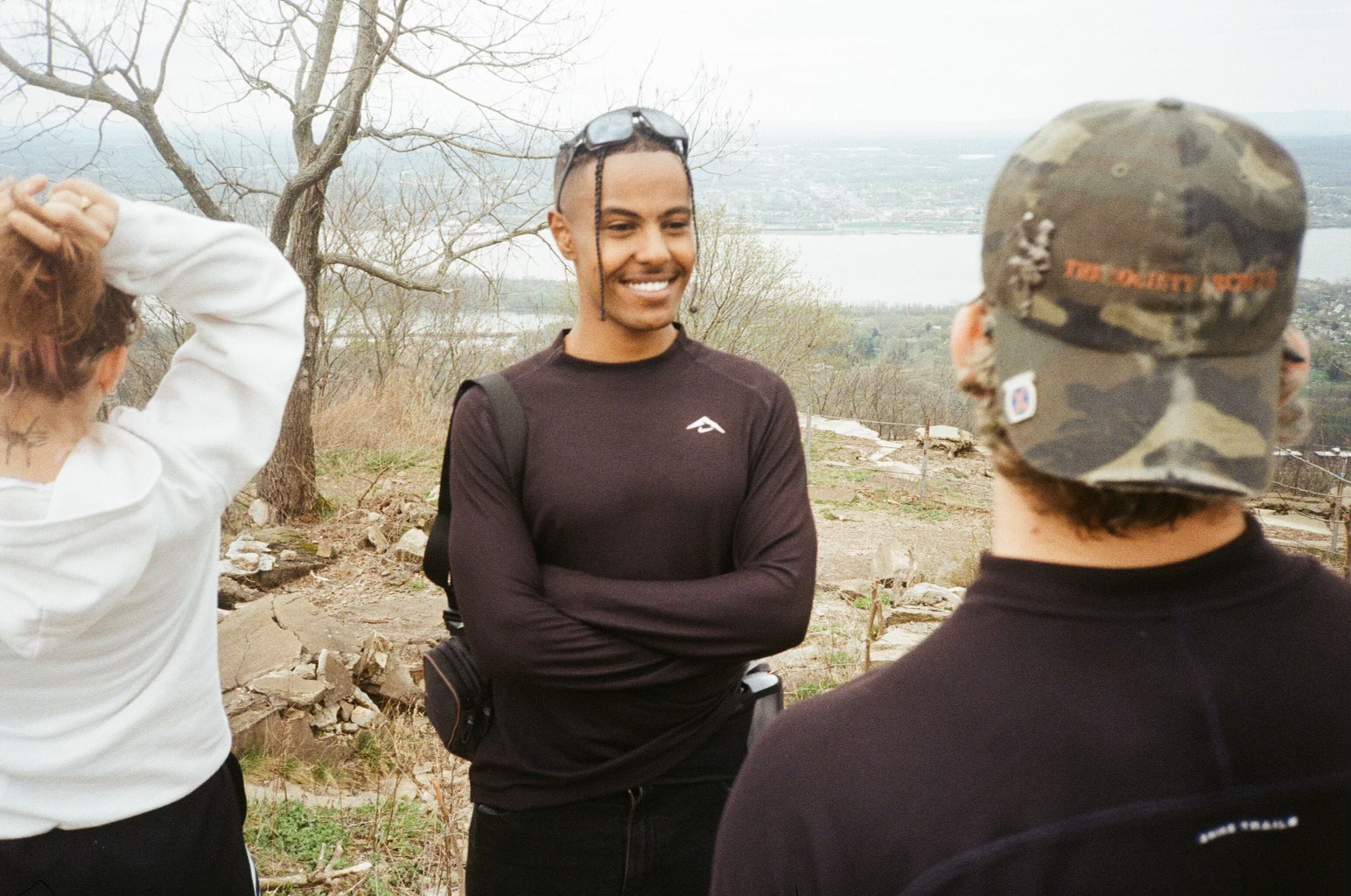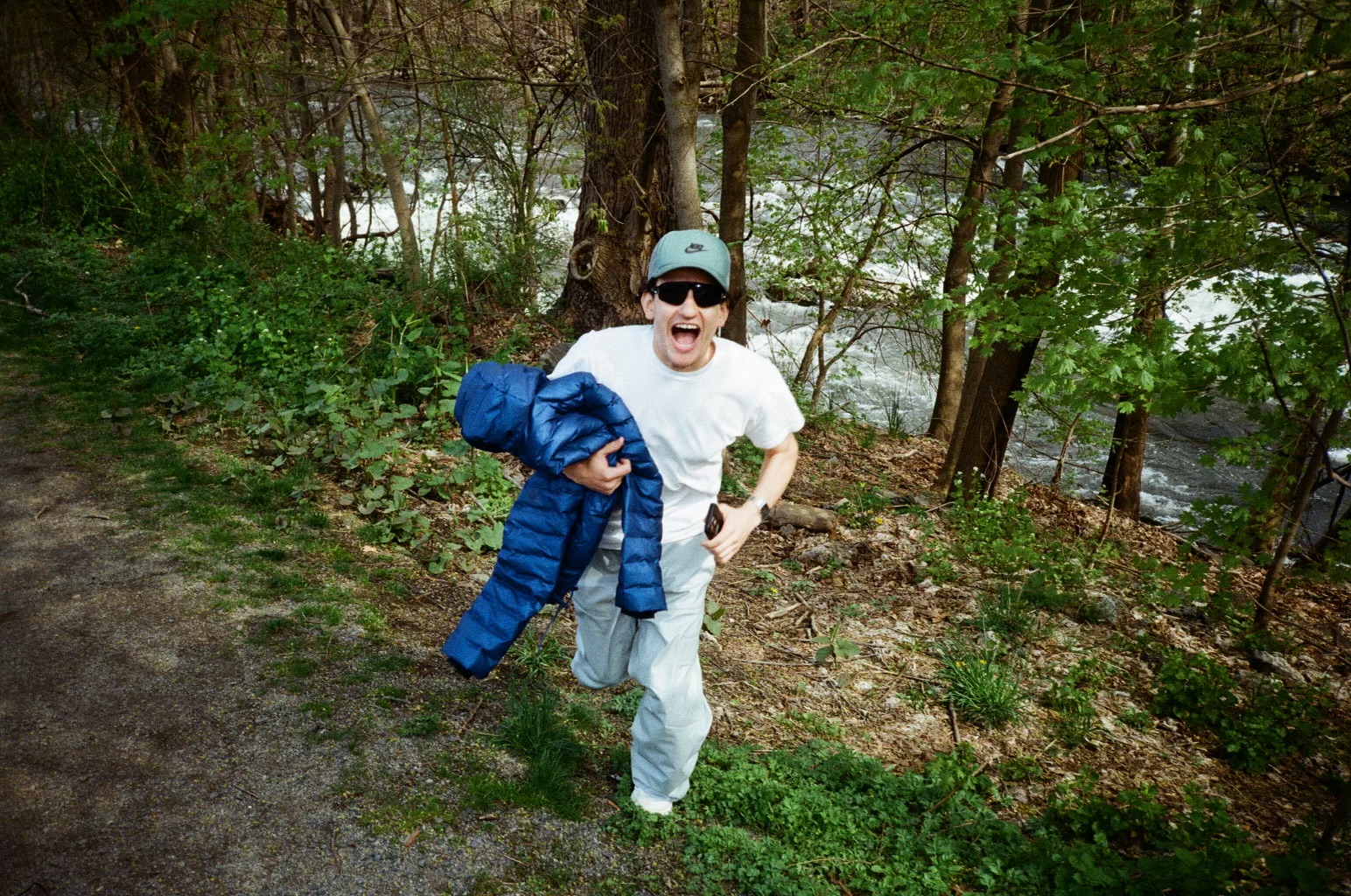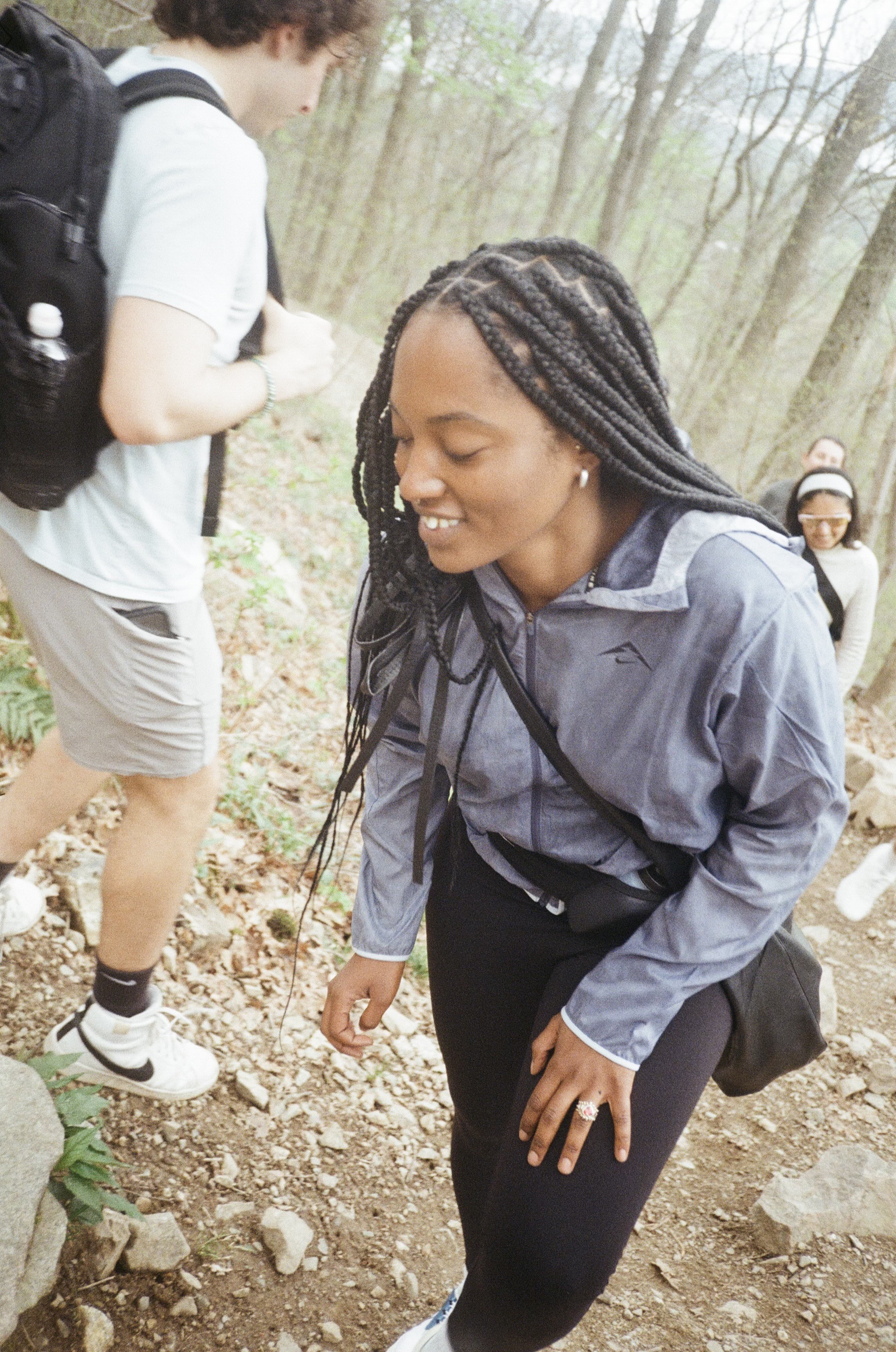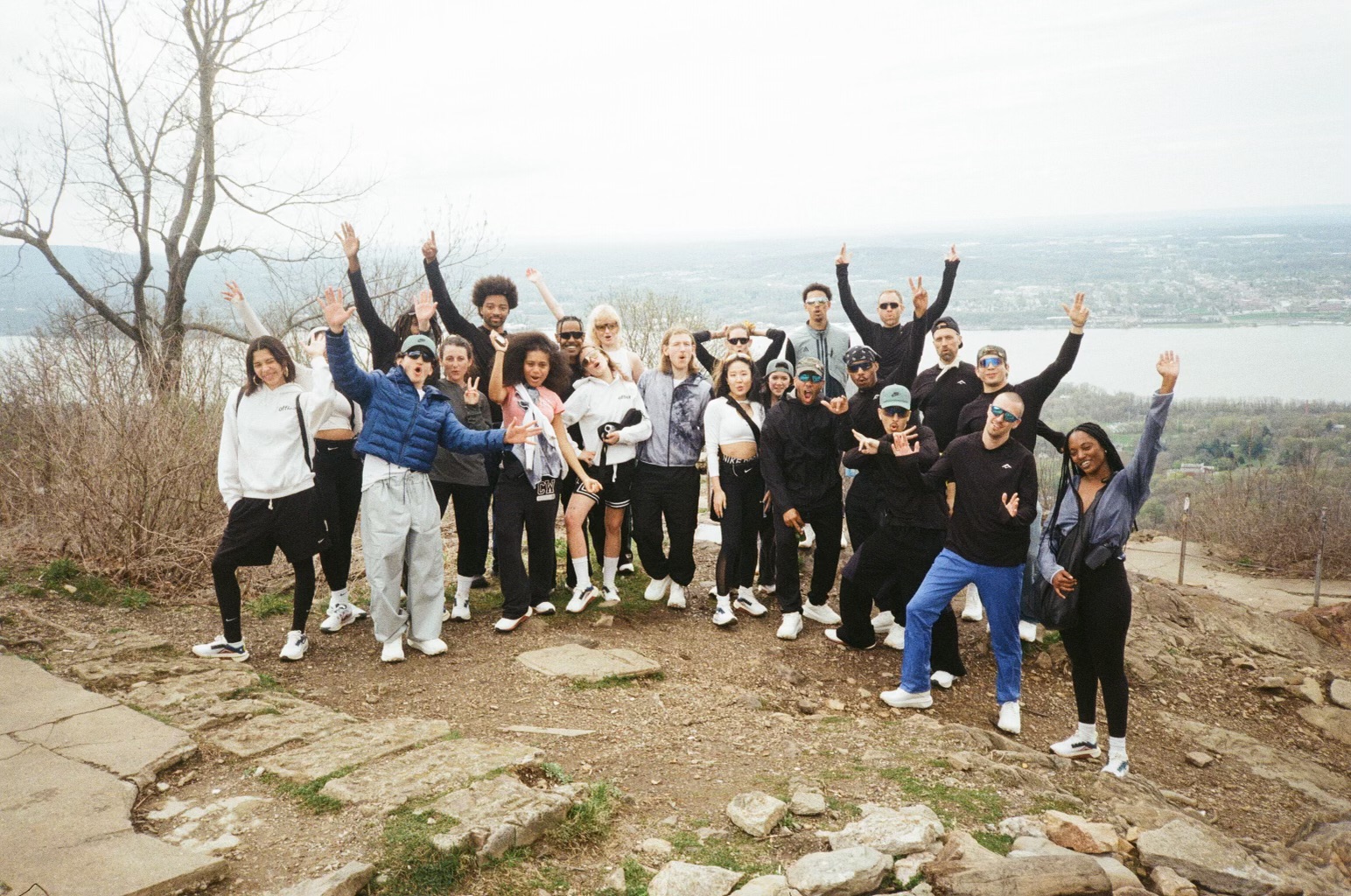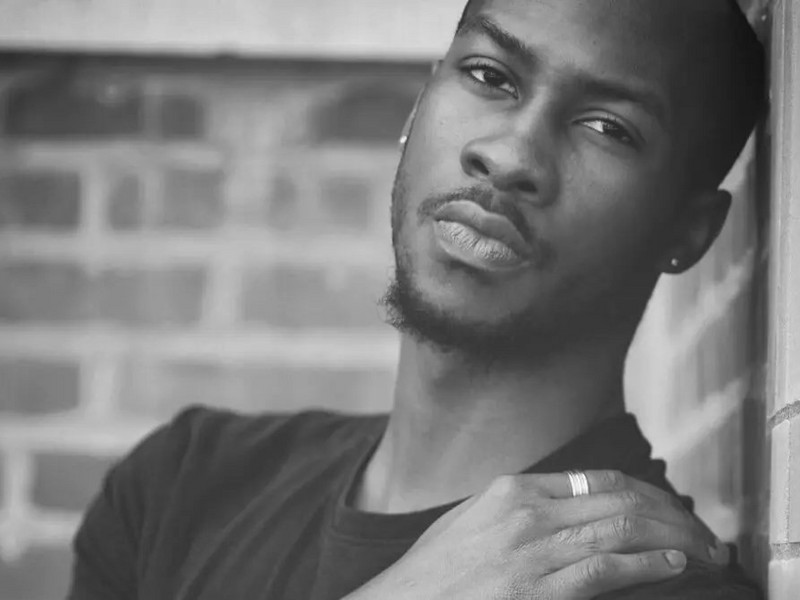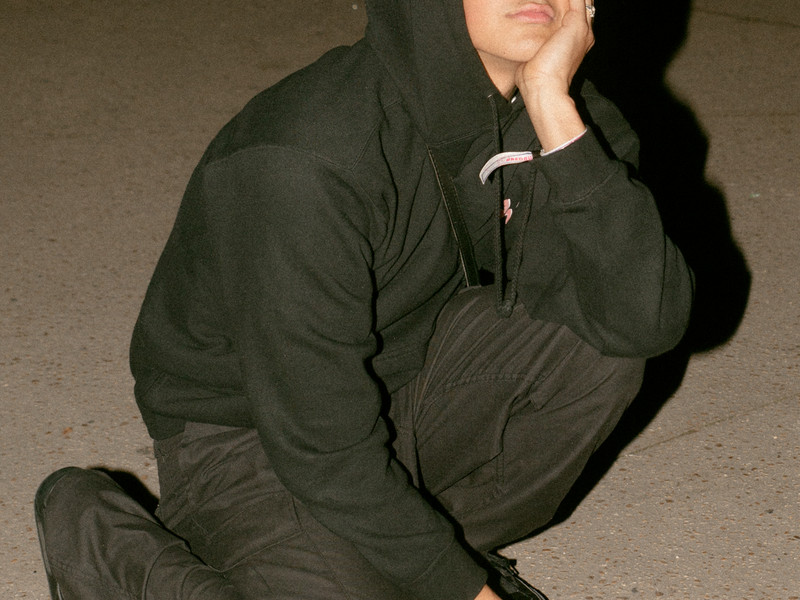Deep Listening with Abundance Zine
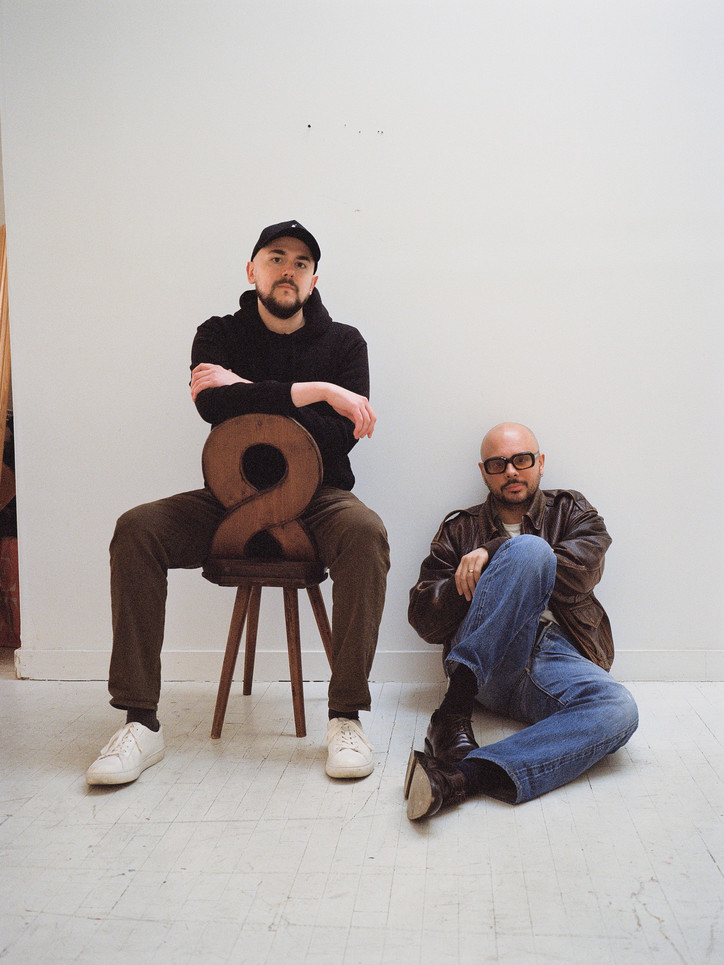
As the duo prepares to launch their second season, office sat down with Metz and Schreck to discuss their decade-long collaboration, their community-driven approach to podcasting, and their long-term goals for the project.
You recently wrapped up the first season of the podcast, but you two have already been working together for over ten years now. How did you originally meet?
Christopher Schreck— We were first introduced at an art opening in September of 2011. It was actually the same week that I moved to New York. Then we met up the next day at a Vietnamese restaurant in Williamsburg and had what still ranks as one of my all-time favorite conversations — this sprawling, several-hour dialogue on topics ranging from Joseph Campbell and John Cage to concrete poetry and contemporary painting and beyond. It turned out we also share a few things in common biographically: we both have family from Chicago, we each grew up playing music in suburban punk rock scenes, things like that. Following that conversation, I started visiting his studio pretty regularly, and the collaboration developed from there.
Landon Metz— I’d been in New York for a few years by that point, but I was still figuring out what I wanted to do, and the type of work that I was comfortable making and sharing, so meeting Chris was a really important part of my journey. So much of our friendship and our work together has been motivated by probing each other with questions, just seeing how far we can push our conversations and how much we can learn from each other. It’s definitely baked into the way we hang out, and I feel like the podcast is a natural extension of that.
So how did the idea for Abundance Zine come about?
CS— The project started coming together in the spring of 2020. On an editorial level, it’s always been about centering what we consider to be exciting and timely practices across a range of disciplines. In terms of format, though, the original idea was to have a text-based, dialogue-driven publication that lived primarily online, but which could also be translated to print as anthologies and one-off titles — which was an attractive idea at the time, since everyone was at home, staring at their devices. Combining the accessibility of a digital platform with the tactility of printed objects felt appropriate to the moment, but by the time we published our first round of online conversations that December, it was already feeling like familiar territory. So we started thinking about how the project could evolve, and we arrived at the idea of presenting audio alongside the text and photography.
LM— That was a really decisive moment. Podcasting felt like an interesting medium to explore because it bridges that same gap, where you’re creating digital content but offering something more intimate than an article you scroll through on your phone. It adds some humanity to the conversations, and allows Chris and me to maintain a little bit more of our colloquial nature.
How do the episodes come together? Is it just an organic thing, bouncing back ideas and people you’d like to talk to?
CS— Yeah. We’re constantly going back and forth about various things we come across, people we think are interesting. So we started keeping track of them in a shared Google doc, and when the time comes to decide on our next guests, we just whittle down the list until we arrive at people who feel like the right fit — which is to say, people who intrigue us, who occupy a unique place within their community, and who we think are going to be open and engaging in conversation. I don't know that we have any strict criteria beyond that, really.
LM— Right. From my perspective, being an artist and working alone in my studio, it can be a lonely endeavor to create things and share them under your own name. But having been in New York for fifteen years now, I’ve found a community and seen many of my peers flourish, and for me, Abundance feels like a way of engaging with this collective energy that feeds me as a creative person. I see it as a form of celebration — hence the name. It's celebrating the abundance of possibility, that I'm not the only person who cares about these things and is doing these things. It’s an opportunity to highlight the people around me who are helping to build this shared experience.
Christopher, what does the name mean to you?
CS— I think both words in the title are purposeful. Part of what interests me about “abundance” is its multiplicity: the way the word has been used by different groups of people to different ends. On one hand, it's gained a lot of traction in the wellness industry, where it's used in a kind of superficial way — which in itself speaks to many of the conversations we've had for this project, where we're talking about systems of care, patterns of consumption, and so on. But “abundance” can also take on more meaningful connotations. I think of the way someone like Adrienne Marie Brown frames it within her writing: this notion of transforming individual and collective mindsets, of exploring new strategies and manifesting change on whatever given level. It's a loaded word, but it seemed like an appropriate umbrella term for framing the project, which in a lot of ways is about looking at what's in front of you and deciding what to embrace while also considering what might be reimagined.
And then as far as the word “zine,” I think a lot of it goes back to what I mentioned earlier about Landon and I having grown up in punk scenes. Within that environment, zines were exciting for a few reasons: they were heartfelt, handmade documents of people's enthusiasms; they also confirmed communities while allowing people to take an active role in how media was created and consumed. We like to think of Abundance in similar terms.
LM— For sure. I think there's something casual and unfettered about a zine. It’s slightly unconcerned, but it's also enthusiastic and very earnest. It's meaningful because it's about something or someone you have a personal investment in — and not just your subject, but also the people and the culture surrounding that subject. Being a part of these artistic communities has been a huge part of my life, and it’s really the life force that keeps it all going: it creates this energy that I need, and it creates this larger theatrical stage that provides context for what I'm doing. So with Abundance, it’s about speaking with people we admire and trying to find a rich and genuine connection.
Looking back at season one, were there any overall themes that tied the conversations together?
CS— One that stood out to me was this idea of questioning what is and isn't “art,” of challenging oneself (and one's audience) to move beyond prescription and arrive at more expanded views of what a creative practice can look like. I feel like each of our guests does that in their own way, but taken together, they confirm the importance of following one’s intuition and exploring unfamiliar territory, in art as well as in life.
LM— Yeah. I think one of the most interesting and consistent narratives throughout the first season is this notion of breaking down the structural hierarchies within culture. Over the last decade, information has really flattened; it’s been hard to singularly define much of anything, and I think that has implications for creative output. This idea that what it means to be an artist — or a clothing designer, or a musician, or an actor — is less defined than it’s ever been, and there’s a cross-pollination that’s happening organically as a result. I think it’s one of the most contemporary and urgent narratives that we're dealing with — but I also think explicitly trying to nail these things down is counterintuitive, because so much of what I'm interested in with this project is learning from our guests. Whether these themes have come up by design or through some subconscious thing between us and our subjects, I'm not totally sure, but I think leaving space for it to evolve naturally through conversation is more interesting than trying to define it.
Any favorite moments from season one?
LM— I mean, meeting Laraaji was pretty epic.
CS— Yeah. That was a big deal for me — and it wasn’t even a single moment: he was the show's first guest, but he also performed at our launch party and then allowed us to release the soundboard recording as a separate episode. He was really a central character throughout the first season, and as someone who’s listened to his music for years and has so much respect for him, it was a thrill and a genuine honor for me.
I listened to the episode with his performance the other day, and it's just so beautiful.
LM— It was really special. He's just a very inspiring and open and curious and genuinely available human in a way that is super refreshing. It’s very uplifting to be around someone like that, in however small a capacity. Bringing people like that closer to our lives through the show has been a huge plus.
What are your plans for season two and beyond? Do you have long-term goals for the project?
CS— We’re close to launching the new season, so I don’t want to give too much away, but we have conversations lined up with guests from a range of backgrounds — artists, fashion writers, architects, chefs. As far as goals, though, I'm just excited to keep expanding this constellation we've built of interesting people and exciting practices. I also really like the idea of Abundance evolving as a platform and being able to take on different shapes: a podcast, certainly, but sometimes also a publisher, or an event series, or a record label, or a product design studio, or a mutual aid facilitator, or whatever else. I like the idea that this can be a malleable entity that adapts to reflect our interests and circumstances.
LM— Totally. I think as the constellation continues to grow, season to season, there will be room to engage with our guests and our audience in different ways — but whatever we do, the singular goal will always be bringing people back into the inner circle and nourishing this sense of community. I can't wait to see where it goes.
